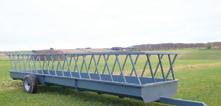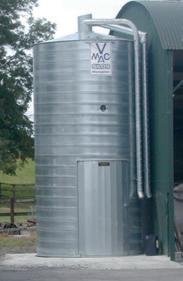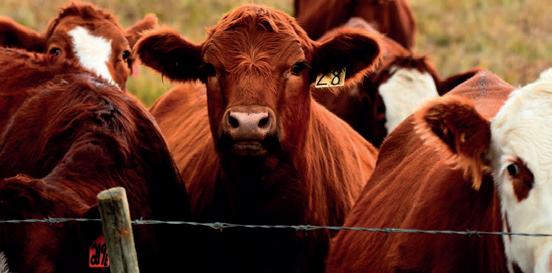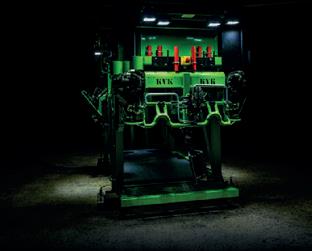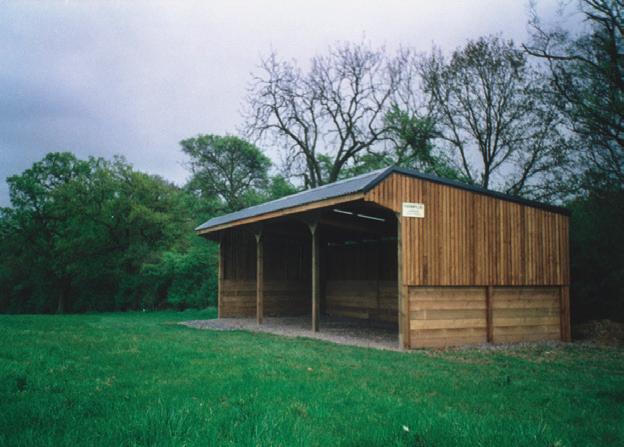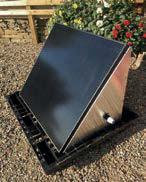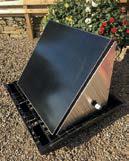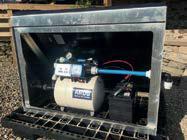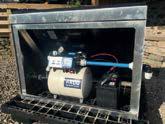





Our innovative, low-carbon energy solutions help farms and agricultural businesses cut costs, reduce emissions and enhance energy security. Our CHP systems generate reliable heat and power using biogas, biomethane, natural gas, sewage gas, landfill gas, or hydrogen, maximising efficiency and sustainability for agriculture.
• Significant energy cost savings
• Integrated solutions with heat pumps and PV
• Power solutions from 20 to 2,500 kW
• Flexible finance solutions

• 24/7 monitoring and service coverage Find
Power the future with 100% hydrogen-ready CHP systems

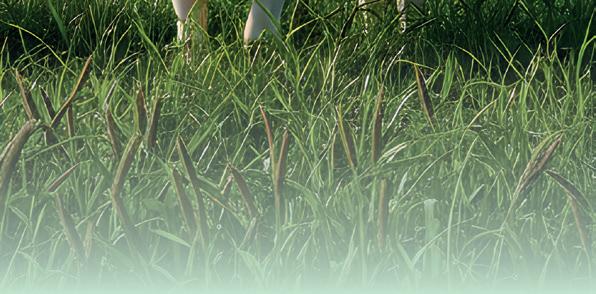

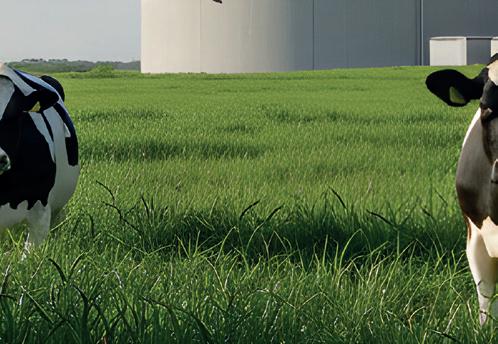

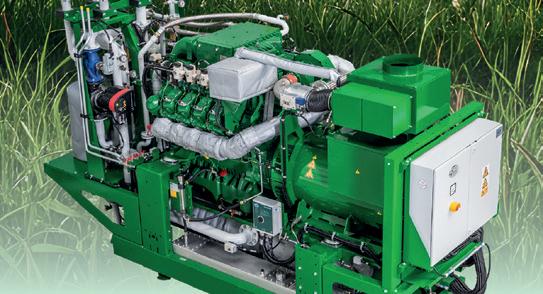






EDITOR Megan Williams
ANFU Scotland, Rural Centre, West Mains Ingliston, Edinburgh EH28 8LT
NFU Scotland, Rural Centre, West Mains Ingliston, Edinburgh EH28 8LT
Tel: 0131 472 4000 www.nfus.org.uk nfuscotland @NFUStweets
Tel: 0131 472 4000 www.nfus.org.uk nfuscotland @NFUStweets
Editor

HHrealise that positive thought/ silent commitment? Possibly too
Diana McGowan editor@nfus.org.uk
s the days shorten and the pace of the year begins to shift, November brings with it a familiar mix of refl ection and resolve. For many across Scotland’s farms and crofts, it’s a time to take stock of a season that has tested patience and resilience in equal measure. Whether battling extreme weather or watching markets fl uctuate, Scottish agriculture once again has shown its ability to adapt, to persevere, and to look ahead.
Editor Diana McGowan editor@nfus.org.uk
Managing Editor
Craig Gibson
Managing Editor Craig Gibson
This issue shines a light on the work your Union is doing across the key policy areas that will shape the future of our industry. From the development of Scotland’s agricultural support system (p.26), to our engagement on the Land Reform Bill (p.34), and our continuing push to see more Scottish produce on shelves (p.8). These are complex issues, and at times the cause of sleepless nights (p.10) but they are grounded in the realities of your businesses. Your willingness to contribute your time, energy, and voice is what gives NFU Scotland its strength.
Design & Production
Ryan Swinney
Design & Production Ryan Swinney
positive thought/ silent commitment? Possibly too
In this month’s magazine, our two features cover inspiring stories and highlight just how rewarding delivering on such thoughts can be both for the individual involved and others who may benefit along
In this month’s magazine, our two features cover inspiring stories and highlight just how rewarding delivering on such thoughts can be both for the individual involved and others who may benefit along

Looking ahead to AgriScot on 19 November, we spoke with Vice President Robert Neill, a former AgriScot Chair,about the sense of momentum and change sweeping through the industry (p.16). As he puts it, the challenge now is not just to adapt, but to lead. AgriScot off ers the perfect opportunity to do just that: a space for practical ideas, innovation, and honest discussion about where Scottish agriculture goes next. We hope to see many of you there.
Advertising Sales
Advertising Sales Clare Stebbing clare@connect communications.co.uk Tel: 0131 561 0024
Clare Stebbing clare@connect communications.co.uk Tel: 0131 561 0024
We also share an inspiring update on 23-year-old Jordan Duddy (p.14), who takes on a unique dairy-farming opportunity at SRUC Acrehead, brokered by the Scottish Land Matching Service - a powerful reminder of the opportunity within the next generation.
Published on behalf of NFU Scotland by Connect Publications (Scotland) Ltd. Studio 2001, Mile End, 12 Seedhill Road, Paisley PA1 1JS
As you’ll read in our regional pages, we’re heading into AGM season. These meetings are more than just formalities - they’re an important space for connection, for members to speak directly to offi ceholders and staff, and to infl uence the Union’s priorities as we look towards 2026 and beyond. Look out for our team too on the upcoming Future Policy Roadshows.
Published on behalf of NFU Scotland by Connect Publications (Scotland) Ltd. Studio 2001, Mile End, 12 Seedhill Road, Paisley PA1 1JS
Finally, I also encourage you to write to me to share your thoughts, Letters to the Editor can be sent to editor@nfus.org.uk.

Editor Megan Williams editor@nfus.org.uk
Design & Production
Mark Shreeve mark.shreeve@micropress.co.uk
Andrew Hirst andrew.hirst@micropress.co.uk
Advertising Sales
Danny Lewis 01502 725862 danny.lewis@micropress.co.uk
Lawrence Kenny 01502 725860
lawrence.kenny@micropress.co.uk
number to contactus@nfus.org.uk
NFU Scotland Rural Centre, West Mains Ingliston, Edinburgh EH28 8LT 0131 472 4000 www.nfus.org.uk
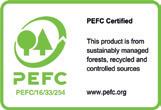
President’s Update
Vice President Updates News
Political Round-Up
Policy & Practice
Regional Activity
Looking ahead to AgriScot 2025: An interview with Robert Neill
Straight talking on Pesticides with Amy Geddes
We’re only a few weeks away from the Royal Highland Show. Over the course of four days, thousands will flock to the show to compete, judge, exhibit, organise, educate and socialise. We’ll see the best of the best and relish the atmosphere. Among the highlights and away from the main show ring, this year will see the welcome return of the Golden Shears Sheep Shearing and Woolhandling World Championships. Taking place at the MacRobert Theatre, the 2023 Worlds will see more than 30 countries compete for the prestigious title and it promises to be an action packed showcase of the art, skill and techniques required to be a world champion. Perhaps a less well known event taking place at this year’s Highland is the final qualifying round of the 2023 Britain’s Fittest Farmer competition. Taking part in this event for the first time is Kyla Graham from Kirkcudbrightshire. Kyla first spotted the event at the Show last year and while watching it thought ‘I’m up for that’. Kyla knew however she couldn’t just enter there and then. Like any
From potatoes to poultry: Inside the Dowells’ egg enterprise
We’re only a few weeks away from the Royal Highland Show. Over the course of four days, thousands will flock to the show to compete, judge, exhibit, organise, educate and socialise. We’ll see the best of the best and relish the atmosphere. Among the highlights and away from the main show ring, this year will see the welcome return of the Golden Shears Sheep Shearing and Woolhandling World Championships. Taking place at the MacRobert Theatre, the 2023 Worlds will see more than 30 countries compete for the prestigious title and it promises to be an action packed showcase of the art, skill and techniques required to be a world champion. Perhaps a less well known event taking place at this year’s Highland is the final qualifying round of the 2023 Britain’s Fittest Farmer competition. Taking part in this event for the first time is Kyla Graham from Kirkcudbrightshire. Kyla first spotted the event at the Show last year and while watching it thought ‘I’m up for that’. Kyla knew however she couldn’t

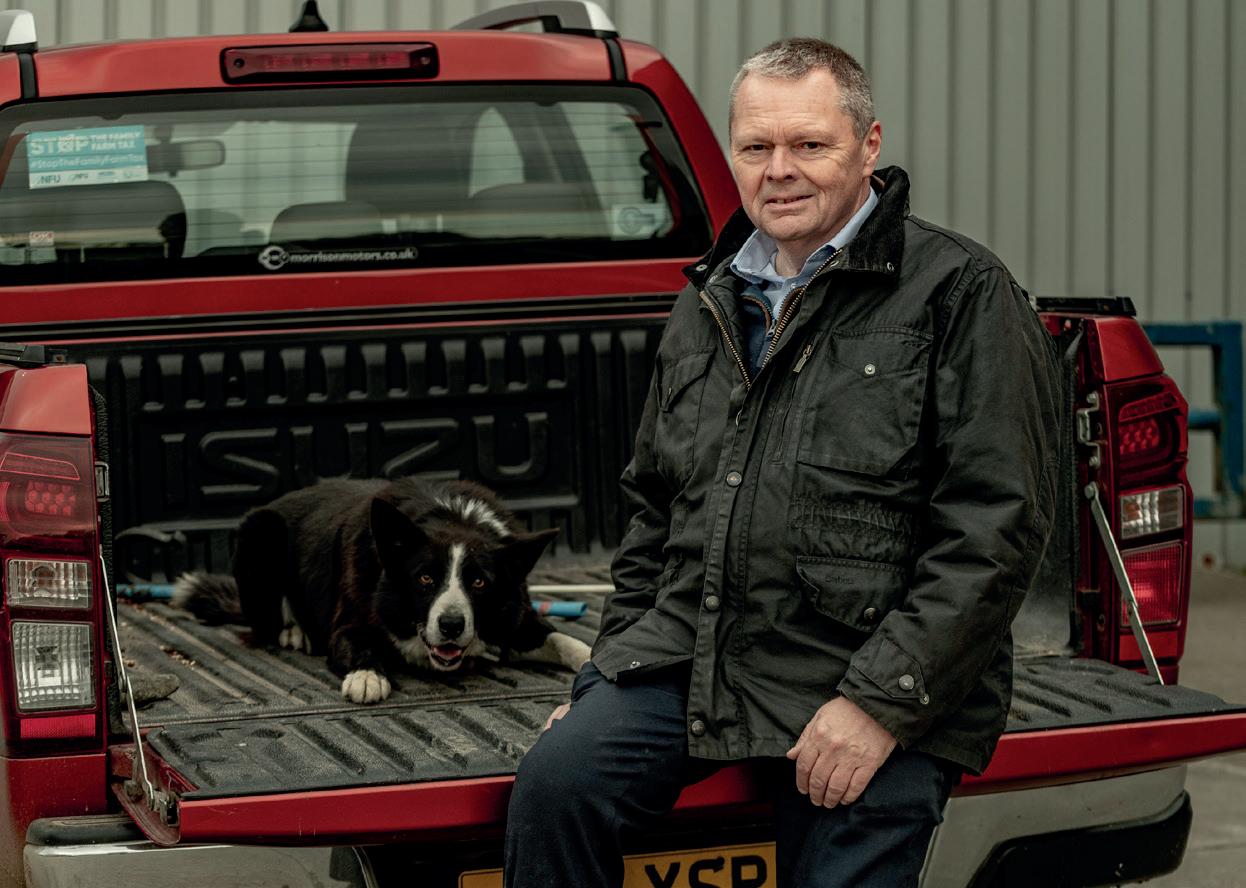


Andrew Connon President
Last month, I attended the Labour Party Conference in Liverpool, a huge event and an important platform for us to engage directly with decision-makers. Over the actionpacked couple of days, our mission was clear: speak to as many Labour MPs as possible and ensure our key messages were heard. For us, the event was a success. We met with the Secretary of State for Scotland, Douglas Alexander; Scottish Labour Leader, Anas Sarwar; newly appointed DEFRA Secretary of State, Emma Reynolds; Scottish Labour MPs and MSPs, as well as representatives from other UK farming unions and key industry stakeholders. Our message was simple but vital: the need to rethink the Inheritance Tax (IHT) and Business Property Relief (BPR) proposals. As highlighted in the independent Cen-Tax report, there are alternative approaches that would allow family farms to continue producing food,
underpin rural economies, strengthen supply chains, and deliver on nature, biodiversity, and climate objectives. The consequences of a no-shift approach from government could be devastating, and we remain steadfast in advocating for a comprehensive rethink.
Other themes we discussed included the significant impacts of rising National Insurance contributions, trade deals, the urgent need for access to migrant labour, supply chain challenges, food security, and the transition to sustainable food systems.
Prior to Liverpool, I was in Brussels attending Copa-Cogeca, the EU farm cooperatives and farming unions meeting. It was an informative trip with a series of meetings that explored all aspects of water management – from pollution to flooding, drought alleviation, and water storage and recycling. We also discussed the recently announced EU/UK deal and SPS agreement, sector profitability (particularly in the arable sector), Nature Credits, Seed Tattie trade, animal disease threats, and animal transportation regulations.
The mood in Europe was serious. There is growing concern about proposals for a 20% cut in the CAP budget, albeit with a seven-year budget commitment. Plans under discussion include non-payment of
support to farmers who retire and receive pensions, as well as digressive support payments for amounts over €20,000, with those receiving over €75,000 being hardest hit with a 75% reduction and a maximum payment of €100,000.
Discussions with UK union colleagues also highlighted the challenges faced by many farmers south of the border. One example is a 6,000-acre Lincolnshire farm not enrolled in the Sustainable Farming Incentive (SFI) scheme, receiving only £7,200 – the maximum BPS support payment in England – equivalent to just £1.20 per acre. This contrasts sharply with the current £80 per acre for Region 1 land in Scotland. NFUS is determined to secure a long-term, multi-annual commitment in Scotland that avoids cliff-edge scenarios and delivers a direct support system encouraging active farming and crofting, which produces far more than just food.
October also saw a focus on member recruitment. With the political challenges at home and abroad, threats to global security, a new era of agricultural support, animal disease risks, trade deals, and proposed IHT changes, there has never been a greater need to join in our determination to ensure a profitable and sustainable future for Scottish agriculture.



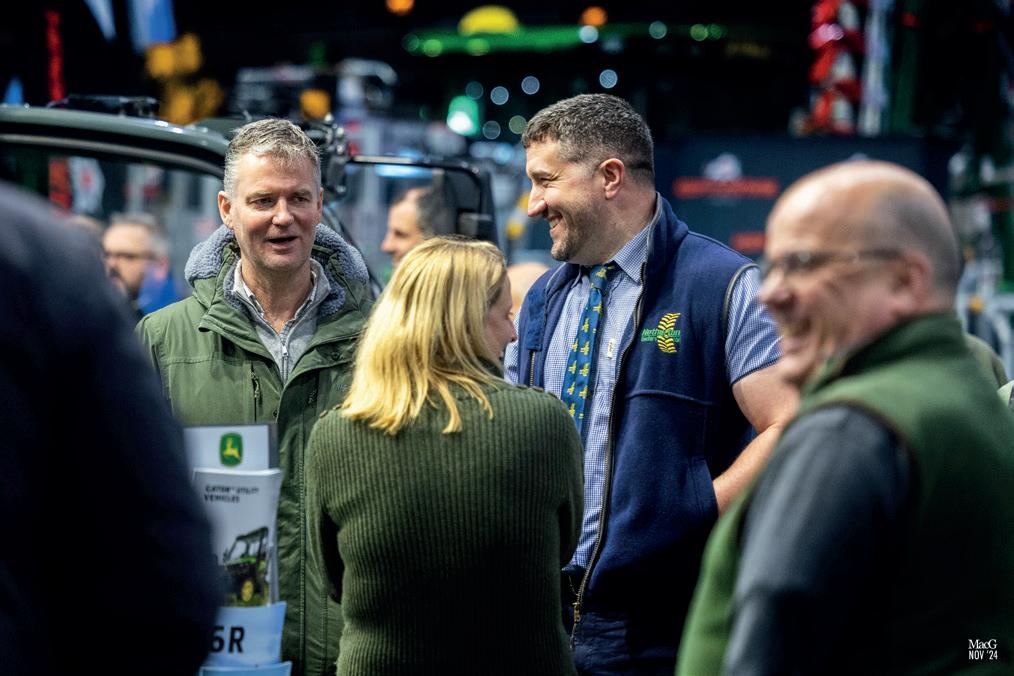
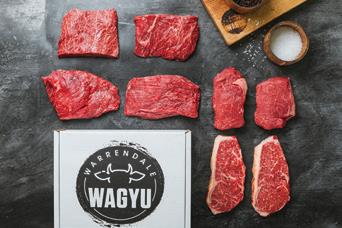


Cemsix Corrugated Sheets.
Swisspearl Cemsix is a high quality, corrugated fibre cement roof panel used as roofing and cladding on agricultural and industrial buildings. It is non-combustible, weather resistant, low weight and durable.
• BBA Accredited
• Maintenance free
• 30 year product warranty
• 10 year colour warranty
• Range of Accessories
malcolm@tasbuildingsupplies.com
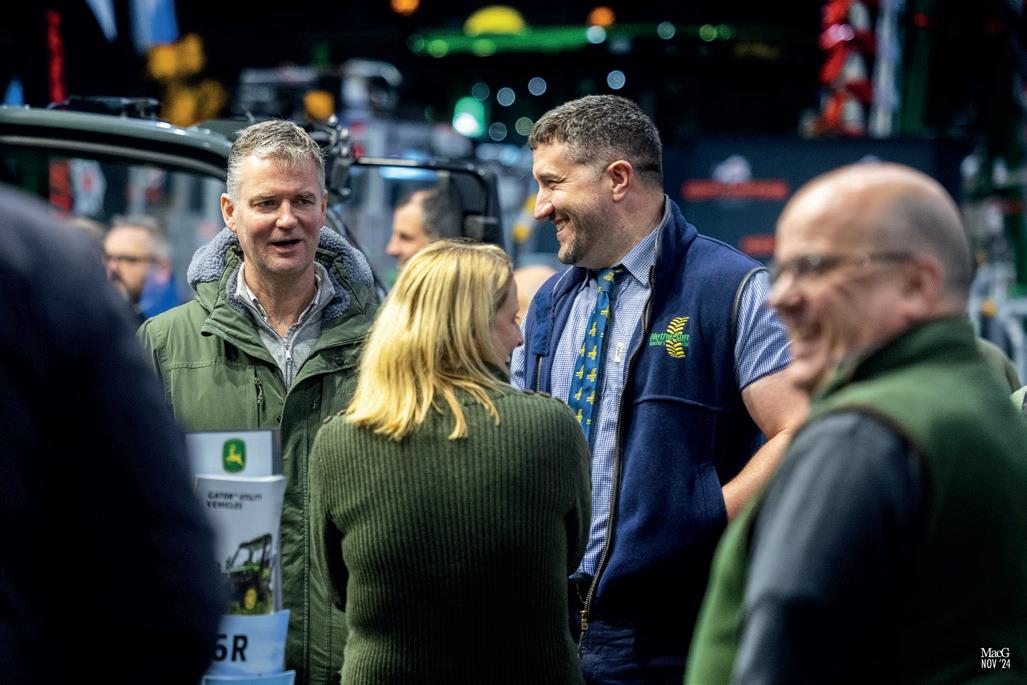





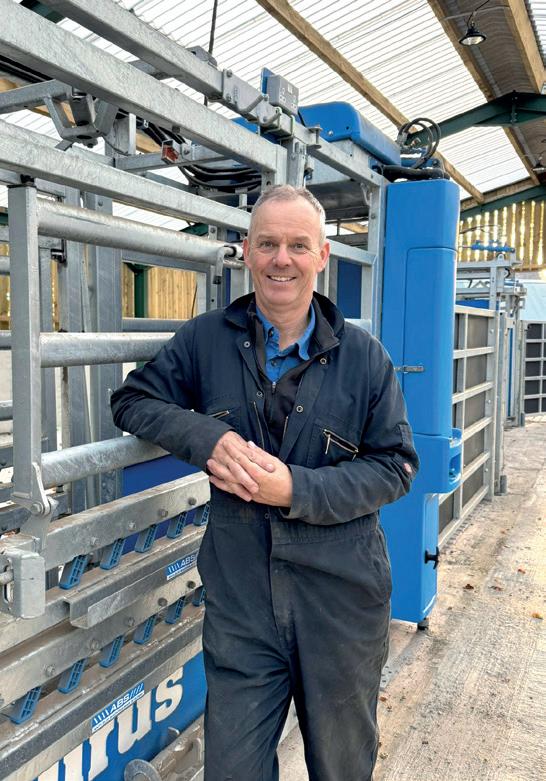

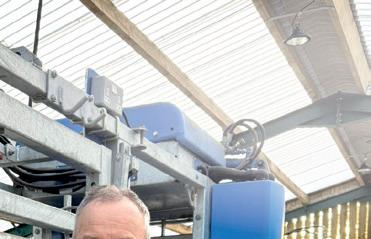
ORobert Neill Vice President
ctober has been anything but quiet. Starting the month with National Recruitment Day on the 7th, it was great to be out meeting potential members, listening to their concerns, and – importantly – having honest conversations about why some haven’t yet joined the Union. It’s rewarding, when after some of these discussions, people decide to join the Union, taking advantage of the affinity deals, and supporting the work we’re doing on behalf of Scottish agriculture. We were also pleased to host the Lothian and Borders Region for a farm walk, which included a tour of our new cattle handling system. Almost every aspect of the new shed and pens were designed and installed by ourselves. While it took longer than expected to complete, it’s been well worth taking the time to get it right. We hope this new system will make it a pleasure handling cattle through the autumn months!
At the time of writing, I am also very much looking forward to the Scottish Agri Awards in Glasgow. Always a brilliant evening –and a real highlight of the agricultural which celebrates farmers from all over the country and the work they are doing.
Within this edition of the Leader, I’ve also caught up with Megan, the new editor, to discuss all thing AgriScot ahead of the event later this month. From my involvement over the past 10 years, to the impact of climate on food production and managing a family farm whilst working as NFUS’ Vice President – it’s worth a read (see page 16), and I hope to see you there at AgriScot.
Alongside AgriScot, my November diary is starting to fill up with branch AGMs. I hope to attend several of these meetings around the country in the coming weeks. They provide a valuable opportunity to reflect on my time so far as Vice President, to hear directly from members, and to discuss both challenges and successes from the past year.


ADuncan Macalister Vice President
s farmers, we know that every year is different, from fl uctuating sale prices, uncontrollable input costs and the one thing that can make or break a year – the weather!
In this role as Vice President, I criss-cross the country on a weekly basis farming from my car. I have regular routes and find myself observing particular fields, noticing the differences and commenting to myself on what needs to be done (it breaks up the longer car journeys). On a handful of occasions, I have had to stop myself from phoning the farmers to tell them that a certain field needs more fertiliser, or asking why they haven’t cut their silage.
We are all well aware of the east/ west split in weather fortunes, but I think it’s getting more extreme. From the very high windstorm in January, which caused widespread building damage in Kintyre (including ourselves with a complete building collapse) – to the near season-long drought in the east. The latter of which caused crop yield and quality problems due to the lack of grass growth, as well as water supply issues.
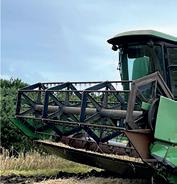
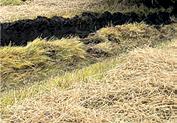

We in the far west would consider that we’ve had quite a good year – we would never say perfect as that would be unlucky – but we did not suffer from the drought. In fact, the few of us that had later crops struggled to complete harvest due to a wet September. Ground conditions deteriorated surprisingly quickly, resulting in my combine being stuck more than once (pictured above).
Farmers have long been accustomed to adapting to changes in climate; one example being the transition from hay to round bale silage in the 1980s. In response to current weather patterns, many farmers are exploring solutions such as irrigation ponds and equipment, improved drainage, stronger building infrastructure, and other technological advancements. Implementing climate adaptation measures will require investment from farm profi ts, fi scal incentives, and continued government support.
Harvest season has passed, and attention now shifts to the next weather event, which could include named storms, fl oods, snow, hard frost, or even an Indian Summer!

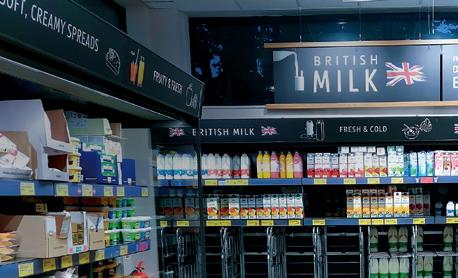
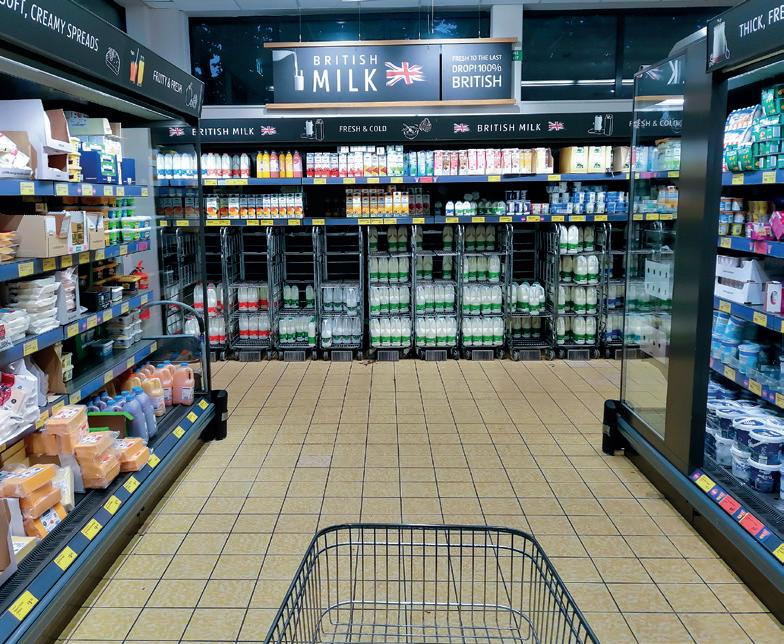
followed by raspberries and blackberries. However, imports continue to be relied on for cherries and blueberries; the latter was to be expected as part of the long-term trend of decreasing blueberry production.

Words by Lisa Hislop
When consumers reach for a carton of milk or a pack of berries at their local supermarket, how much of it actually Scottish? ShelfWatch, run by NFUS, has been tracking exactly that, shining a spotlight on the sourcing practices of Scotland’s eight major retailers – Aldi, Asda, Co-op, Lidl, M&S Food, Morrisons, Sainsbury’s, and Tesco. Over the past six months, our audits reveal encouraging progress in some areas, persistent gaps in others – both of which are increasingly powerful when advocating on behalf of the industry.
Milk, eggs and beef remain the strongest categories in regard to Scottish produce – whilst the proportion of Scottish pork, chicken or processed dairy like yogurts remain very poor. We recognise there are a myriad of reasons for the lack of support for these areas, however we remain committed to engaging with retailers and other stakeholders to explore opportunities
to strengthen supply chain resilience.
Based off previous audits, our primary goal has been to increase Scottish and British sourcing, while reducing reliance on imports. This mid-year report shows that retailers are responding, with a 3% increase in Scottish produce (now 19%) and a 5% rise in British produce (now
66%) compared to earlier in the year. In comparison with last year, Scottishsourced produce are up 3%, and British up 2%, indicating steady improvement.
Aldi continues to lead the way, with 41% of its own label produce labelled Scottish, a 7% increase since January 2025 and 6% year-on-year. Its combined British and Scottish sourcing for own-label products stands at an impressive 88%. Lidl follows with 32% Scottish produce, while Co-op has made a notable jump to 27%.
To strengthen the robustness of ShelfWatch, two new initiatives were introduced.
Firstly, our soft fruit series, tracking Scottish berry availability across summer – of which we concluded the three-part Soft Fruit Series in our recent August audit. Across the summer, there was 100% support for domestic strawberries,
The second initiative to be introduced was a snap meat audit, examining the reports in the rise of imported meat in the supermarkets. Whilst our audit hasn’t specifically picked up examples of Australian beef, we continue to raise our concerns on this with all supermarkets, underlining the dangerous precedent this sets, notwithstanding the damaging impacts it has for member confidence.
Worryingly, year-on-year we continue to see the gradual trend towards imported lamb (+8%). Notably, retailers like Morrisons and Tesco, which previously did not stock imported lamb, are now gradually increasing their share of imports.
Asda had the lowest level of Scotch and British lamb, stocking no Scotch lamb, just 18% British, and a concerning 82% imported, predominantly from Australia and New Zealand.
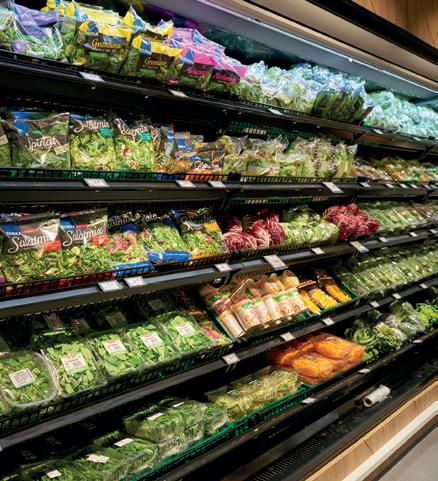
ShelfWatch isn’t just about numbers on a page – it’s about accountability and action. The data we gather helps us engage retailers, influence policy, and ensure Scotland’s producers get the recognition and support they deserve. As we move into the final months of the year, we’ll continue to press for stronger sourcing of Scottish produce, better labelling, and investment in supply chains that truly reflect the quality food Scotland produces. Because at the end of the day, every Scottish pack on the shelf means a more sustainable and profi table future for Scottish agriculture for us all.
Family farms across Scotland could be at risk if the UK Government proceeds with proposed changes to Agricultural Property Relief (APR) and Business Property Relief (BPR), NFU Scotland has warned. The Union’s formal response to the Draft Finance Bill consultation describes the reforms as having “severe and far-reaching consequences” for Scottish agriculture.
The proposed changes are creating uncertainty across the sector, NFU Scotland says, potentially jeopardising the continuity of family-run farm businesses, domestic food production, and rural communities.
“These changes are creating uncertainty and fear across our industry,” said Jonnie Hall, NFU Scotland’s Director of Policy. “They pose a serious threat to the continuity of family-run farm businesses and could undermine domestic food production and rural communities.”
They pose a serious threat to the continuity of family-run farm businesses and could undermine domestic food production and rural communities.
The Union highlighted a recent Centre for the Analysis of Taxation (CenTax) report showing that:
• The current proposals would disproportionately affect working family farms more than diversified estates or landowners using agriculture as a peripheral activity.
• Over 50% of farming businesses –including owner-occupiers and tenants –would face higher tax bills, compared to just 20% of non-farming landowners.
• 70 estates per year would not be able to meet their IHT liabilities even by selling nonfarm assets, threatening their future viability.

NFU Scotland argues that smarter, fairer alternatives could raise revenue without threatening generational farms. Suggestions include introducing a Minimum Share Rule and imposing caps on qualifying assets to ensure the system is equitable and sustainable.
The Union is also calling for a delay to the proposed April 2026 implementation, urging the government to review the evidence carefully and work directly with farming organisations to protect Scotland’s farms, food security, and rural communities.

WAlison McLean People & Development Manager
elcome to Scottish Farming Leader’s new column, Behind the Scenes, where we spotlight some of the work that fewer people know about within your Union. Continuing the harvest theme, and rewards reaped for hard work, we begin with the Remuneration Committee, often referred to as RemCo.
Dedicated to ensuring people are fairly rewarded, this team meets several times a year to review pay and reward matters. From honorariums for elected offi ce holders, to the annual staff pay award, as well as wider compensation and benefi ts matters, RemCo plays a
vital role in shaping a fair, consistent, and competitive approach. They work closely with the Finance Committee to ensure that any cost and budget implications are well governed and ensure legal and regulatory requirements are met –keeping everything aligned with NFUS values of transparency and fairness. RemCo brings together a Vice President, Treasurer, Commodity and Regional Chair, and an independent Chair. The CEO and myself (People & Development Manager) also attend as invitees . The committee reports directly to the Board to ensure strong governance and draws on the experience and insights of members to build appropriate and effective proposals.
Leading the committee is our Non-Executive Chair, Gill Scott. Gill brings a wealth of experience, having served as Director of HR and Internal
Communications at Aegon for over a decade. Now an independent consultant, she supports organisations with strategic people matters. Refl ecting on her role, Gill shared:
“As Chair of RemCo, my job is to make sure pay and reward decisions are well thought through, clear, and rooted in what NFUS stands for as an organisation. I enjoy it because it’s about people –recognising their contribution, supporting their growth, and making sure we’re doing the right thing. It’s not just numbers on a spreadsheet; it’s about trust, values, and making decisions that feel right.”
RemCo may not be in the spotlight, but its work is essential to keeping NFUS running smoothly and responsibly. So next time you hear about a pay review or benefi t update, you’ll know who’s been working hard behind the scenes to make it happen!




Jonnie Hall Deputy CEO/Director of Policy
Ioften think that my job description should read ‘plate-spinner’. In reality, it’s less comedy and more insomnia.
My biggest headache these days? Trying to piece together the architecture and funding for Scotland’s new direct support system for farmers and crofters. It certainly makes my head spin, and sleep can become a real challenge.
On paper, it all looks straightforward. The Scottish Government has promised that at least 70 per cent of the future agricultural budget will go into direct payments – the so-called Tiers 1 (Base) and 2 (Enhanced). Tier 1 is meant to provide a basic payment tied to minimum standards, while Tier 2 should reward
headline: “70 per cent into Tiers 1 and 2”. And they’ve also accepted our clear case that Tier 1 will need to do the heavy lifting, so it needs the lion’s share of that 70 per cent. This would provide a real financial floor so businesses can stay viable, and are then able to deliver climate and nature outcomes. Others argue that more direct support funding should be pushed into Tier 2 to accelerate environmental change. Both positions are understandable, but the sums don’t add up neatly.
Tier 1 is no free ride. Farmers will have to meet stricter conditions: Whole Farm Plans, calving intervals and enhanced Greening are just the start. But as we see a cranking up of conditionality, not least to justify the public investment in Scottish agriculture, we need to ensure it’s proportionate – recognising and rewarding existing and new good practice while safeguarding those whose socioeconomic value vastly outweighs their production or environmental contribution.
The most demanding part of this job isn’t the policy – it’s the politics, and that comes in so many different guises. Everyone has an opinion, including our members. But farming and crofting in Scotland isn’t just an industry, it’s part of Scotland’s identity. However, environmental NGOs are impatient for change. Ministers love
It’s easy to announce a bold vision – as the Scottish Government has done. It’s much harder to turn that vision into a fair and effective delivery model – as the Scottish Government is discovering.
those who go further for climate and nature. The remaining budget will support more targeted or competitive schemes.
That sounds straightforward enough. But designing a working, effective system that delivers for every active farmer and crofter in Scotland – while also meeting political and public interests – is like trying to dismantle and rebuild a tractor while it’s still ploughing the field.
Thanks to our (NFU Scotland’s) efforts, ministers have nailed a big and vital
to promise ambition, while opposition politicians love to criticise from a position of no responsibility. And while some government officials live in an abstract world of ‘what if?’, others peer through their fingers at ‘how can we possibly?’.
The cultural divides are exhausting. I spend much of my time translating between two worlds: one that speaks the language of government targets, public finances, carbon budgets, etc., and another that speaks of lambing percentages, crop yields, rising input costs, etc. Both languages are valid, but they rarely rhyme.
That also makes me very two-faced – it’s essential if I’m to do my job for our members and all of Scotland’s farmers and crofters.
My greatest worry is that we end up with a future direct support package that fails farmers and crofters. Because if it fails farmers and crofters it will fail on every one of the objectives of agricultural support in Scotland – high-quality food production, climate ambitions, nature enhancement, and thriving rural communities.
If we design and deliver a beautiful
My greatest worry is that we end up with a future direct support package that fails farmers and crofters.
set of green incentives while letting the financial floor crumble underneath, if the base payment isn’t strong enough, then active farming and crofting will wither fast – and with it the very management of the land that underpins so much that Scotland’s prosperity relies on.
We need a Tier 1 that gives every active farmer and crofter the confi dence to keep producing food, and to a standard that sets it apart. We need a Tier 2 that is properly funded and genuinely accessible, so that those who want to go further for climate and nature are rewarded, not penalised.
It’s easy to announce a bold vision –as the Scottish Government has done. It’s much harder to turn that vision into a fair and effective delivery model – as the Scottish Government is discovering.
Scotland has a once-in-a-generation chance to rebuild its farm support system. If we get it right, we can secure our renowned food supply, sustain our rural communities, and deliver for the environment. That prize is worth every late night and early morning.
And if you have read this, well done for s
Mutual hails the work of FareShare, who are supported by Southern England Farms
WWWhile many people look forward to traditional festive fare at this time of year, others are unable to afford even the most basic food for themselves, and their families.
Khile many people look forward to traditional festive fare at this time of year, others are unable to afford the most basic food for themselves, families.
ith the landscape of British farming continuing to change, farmers are continuing to turn to diversification to secure the future of their farms. Whether it’s by transforming barns into accommodation, fields into glamping sites, or milk from their cows into icecream for their farm shops, farmers are diversifying to create new income streams and increase their productivity.
Learn how to make your money work best for you with advice from NFU Mutual on investing wisely and understanding your allowances
The cost-of-living crisis – and rising cost of even basic foods – has made it even more difficult for many people to put a meal on the table this year. In fact, more than 13 million people in the UK face food insecurity, according to FareShare, the UK’s biggest charity fighting hunger and food waste.
The cost-of-living crisis – and rising of even basic foods – has made it more difficult for many people a meal on the table this year. In more than 13 million people in face food insecurity, according FareShare, the UK’s biggest charity hunger and food waste.
According to NFU Mutual’s 2025 research, nearly one third (32%) of UK farmers operate non-farming activities on their land, generating an average of 14% of these farmers’ annual business turnover.
eeping all of your money in cash savings accounts may seem like a safe option. But you may miss out on the potential to grow your money, particularly if interest rates don’t keep up with inflation. Now could be a good time to reconsider how and where to keep your money, and understanding your allowances can be helpful.
The current tax year ends on 5 April 2024. Here are some things for you to consider:
As the UK’s leading rural insurer, NFU Mutual understands the unique challenges that come with farm diversification. With over 110 years of farming knowledge and expertise, we are here to help support you on your diversification journey, every step of the way.
Top tips for farm diversification
At the same time, every year, more than three million tonnes of good-to-eat, surplus food goes to waste on UK farms. That’s enough for seven billion meals, according to FareShare, which takes good-to-eat surplus food from across the food industry, sorts it and passes it onto a network of nearly 8,500 charities and community groups across the UK.
WHere are some key things you should consider if you’re planning to, or already have, diversified on your farm:
At same time, every year, more three million tonnes of good-to-eat, surplus food goes to waste on UK farms. That’s enough for seven billion meals, according to FareShare, which takes good-to-eat surplus food from across the industry, sorts it and passes it onto network of nearly 8,500 charities and community groups across the UK. 2022-2023, the charity redistributed tonnes of food: enough to make 128m meals, or four meals every second.
1. Assess your assets
ith climate change driving hotter and more extreme weather, it’s no wonder that research conducted by NFU Mutual shows that heat stress in cattle is becoming a bigger consideration for farmers.
In 2022-2023, the charity redistributed 54,000 tonnes of food: enough to make 128m meals, or four meals every second. At NFU Mutual, we see it as part of our role to make positive impacts on the welfare of those working and living in rural communities in the UK, and we are only too aware of the growing impact of food poverty in rural communities.
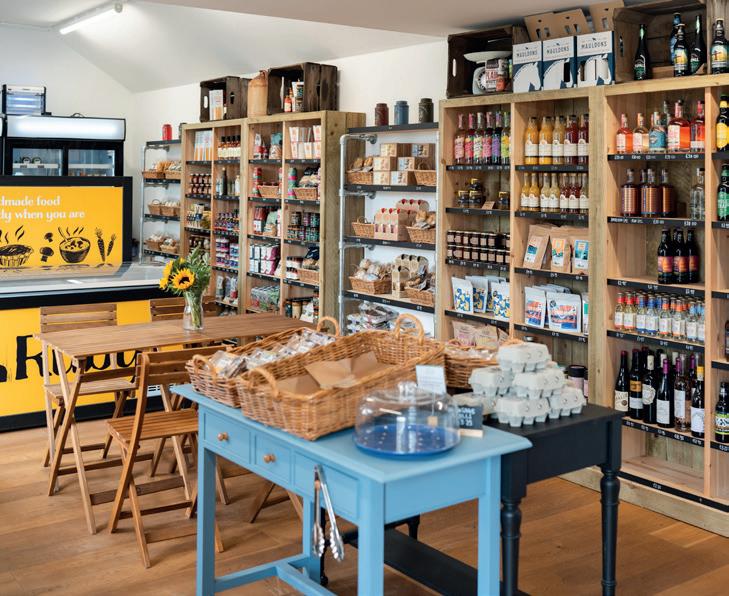
NFU Mutual, we see it as part of our to make positive impacts on the welfare of those working and living in communities in the UK, and we are only too aware of the growing impact of poverty in rural communities.
But what is heat stress and why is it a problem?
Putting money into a pension is one of the most tax-efficient ways to invest for the long term. The government helps you invest – for every £80 you pay into your pension, HMRC currently pays an extra £20 tax relief making your actual contribution worth £100. In a pension, any growth is free from UK Income Tax and Capital Gains Tax. There are however rules on the amount you can contribute to your pension each year and still receive tax relief.
Speaking to Senior Agent Linda Blackwood, from NFU Mutual Ayr and Stranraer, she says: “Assessing your existing assets is a great idea, as it can help identify realistic and cost-effective diversification opportunities. Making the most of what you already own, such as buildings, and/or machinery, can help to reduce initial investment costs and give your new venture a stronger chance of long-term success.”
2. Get the right permissions
This is why our NFU Mutual Charitable Trust – which exists to promote and support charities working in agriculture, rural development and insurance – is proud to support FareShare’s fight against food poverty. Since 2021, the NFU Mutual Charitable Trust has donated a total of £250,000 to the charity.
This is why our NFU Mutual Charitable – which exists to promote and charities working in agriculture, development and insurance – is to support FareShare’s fight against poverty. Since 2021, the NFU Mutual Charitable Trust has donated a total of to the charity.
Heat stress occurs when cows retain more heat than they can release, affecting both indoor and outdoor herds.
The cause is due to a rise in environmental temperatures and humidity and an increase in the cow’s heat production associated with increasing milk yields. To monitor heat stress levels, the industry uses the Temperature Humidity Index (THI) which indicates how severe the condition could be and suggests that action needs to be taken.
3. Stay covered
Planning permission and regulatory compliance are essential. Ensure you don’t underestimate the time and cost involved in getting approvals for new ventures.
How farms are donating their surplus for good and rural businesses throughout are also doing their bit to help. can participate through FareShare’s Surplus with Purpose scheme, which businesses to cover the extra costs redistributing their unsold food to people who need it most.
How farms are donating their surplus for good Farms and rural businesses throughout the UK are also doing their bit to help. They can participate through FareShare’s Surplus with Purpose scheme, which helps businesses to cover the extra costs of redistributing their unsold food to people who need it most.
As your business grows, you’ll need to ensure your insurance cover is up to date and you remain properly covered. So, remember to regularly assess how much insurance cover you need, and inform your insurer if you need any changes to be made.
In recent years industry studies have highlighted the condition and the impact it can have on farm businesses. It’s generally acknowledged that heat stress can result in:
Once you reach 55 (57 from 2028), you can take money from your pension as you wish. The first 25% will normally be tax-free, any amount over and above is added to your other income and taxed. So withdrawing lump sums from your pension could push you into a higher Income Tax bracket. Spreading withdrawals over a number of tax years could help reduce the impact of any tax liabilities. There’s also a limit on the annual pension contributions you and your employer can make if you’ve already taken a taxable withdrawal from your pension. This could mean you miss out on valuable employer pension contributions in addition to your own.
animal feed or sent to landfill.
surplus food will often end up getting ploughed back into the ground, used for animal feed or sent to landfill.
head start.
• Reduced farm income, putting pressure on fine margins and profitability.
Build an ISA nest egg
4. Protect your workforce & customers
But the Surplus with Purpose scheme avoids thousands of tonnes of surplus fresh fruit and vegetables, meat and dairy products being wasted. Even cupboard items, and chilled and frozen foods, find a new home as part of the scheme.
But the Surplus with Purpose scheme avoids thousands of tonnes of surplus fresh fruit and vegetables, meat and dairy products being wasted. Even cupboard items, and chilled and frozen foods, find a new home as part of the scheme.
• Health-related issues such as increased risk of disease, lameness and reduced fertility. There is also evidence to suggest that it affects the unborn calf and their subsequent performance.
Having robust and up-to-date health and safety procedures in place is essential for everybody’s safety, in all your business operations. At NFU Mutual, our team of health and safety experts at NFU Mutual Risk Management Services Ltd can provide guidance on what steps to take to reduce risks and comply with health and safety legislation.
You can invest up to £20,000 this tax year in an ISA, building up a nest egg free of UK Income tax and Capital Gains tax. The same tax benefits are available with Junior ISAs, which you can use build up a pot of money for a child – they’ll be able to access that when they’re 18 years old. The maximum Junior ISA contribution is £9,000 in the 2023/4 tax year.
Training staff, updating antivirus software, and investing in cyber insurance are just some of the ways to help protect your diversified projects from these risks.
planning is not regulated by the Financial property other than their main home, will see the amount of tax-free gain they can enjoy fall from £6,000 to £3,000 from April 2024.
Things you should know:
7. Learn from others
Furthermore, farmers tell us they’re not always aware of the extent of the financial losses they’re suffering from heat stress in cattle.
5. Protect your property
Putting money aside for children can also help reduce your potential Inheritance Tax bill.
Key actions you can take
Don’t forget Inheritance Tax planning
It’s wise to take a long-term view on inheritance planning, so that your heirs don’t pay more tax than they need to.
Based on NFU Mutual’s claim statistics from their 2025 Rural Crime Report, we estimate that rural crime cost the UK £44.1m in 2024. Taking measures such as installing CCTV cameras, reducing cash on site, and keeping expensive farm machinery out of sight, are just some of the ways that you can help prevent crime and protect your property, when diversifying.
Our latest research has found that just over four in ten (41%) say that heat stress is a priority risk for their business while 70% are yet to take further steps to reduce the risk. *
One grower making the most of the opportunity presented by the scheme is Southern England Farms, based in Hayle, West Cornwall. The business works over 6,500 acres and is a key supplier to several major UK retailers, including a number of supermarkets, of Cornish-grown courgettes, cauliflower, broccoli, spring greens, sweetheart and savoy cabbage. Co-owner Jane Richards, along with her 400-plus pickers, works with FareShare to ensure any excess vegetables never go to waste. Since 2019, they have donated 396 tonnes of excess produce to the charity.
One grower making the most of the opportunity presented by the scheme is Southern England Farms, based in Hayle, West Cornwall. The business works over 6,500 acres and is a key supplier to several major UK retailers, including a number of supermarkets, of Cornish-grown courgettes, cauliflower, broccoli, spring greens, sweetheart and savoy cabbage. Co-owner Jane Richards, along with her 400-plus pickers, works with FareShare to ensure any excess vegetables never go to waste. Since 2019, they have donated 396 tonnes of excess produce to the charity.
is a brilliant way of ensuring excess produce is redistributed to those who really need it. It is so very rewarding when we find out how many meals our surplus veg has gone on to make. It is great that NFU Mutual has embraced the scheme so wholeheartedly and supports their customers who wish to participate in ‘Surplus with Purpose’ too.”
• When buffer feeding adding suitable feed additives to maintain rumen health and ensure peak nutrition.
• The tax benefits of pensions and ISAs depends on individual circumstances and may change in the future.
• The value of your pension and investment funds can go down and you may get back less than you invested.
Linda also suggests: “Reading case studies and speaking to others who’ve already diversified is a great way to find out what works and what doesn’t. Discovering common pitfalls or insights into the market, for example, can help you make more informed decisions for your diversification project, from the outset.”
Should you suspect heat stress with your dairy cattle this summer, Dr Tom Chamberlain** highlights some of the key actions that you can undertake to reduce heat stress whilst cows are grazing: troughs, ensuring they are in good working order.
• Implementing ‘Siesta’ Management where appropriate – this technique involves cows grazing directly after milking and then being ‘housed’ at around 10am, with buffer feed available to them. Cows are then sent back out to graze after afternoon milking to graze until dusk.
is a brilliant way of ensuring excess produce is redistributed to those who really need it. It is so very rewarding when we find out how many meals our surplus veg has gone on to make. It is great that NFU Mutual has embraced the scheme so wholeheartedly and supports their customers who wish to participate in ‘Surplus with Purpose’ too.”
• Adjusting milking times to coincide with the cooler periods of the day.
8. Seek expert support
• Installing shade and fans in holding yards.
We at NFU Mutual applaud Jane and all the team at Southern England Farms for their outstanding efforts in supporting the work FareShare does to alleviate food poverty in our communities.
We at NFU Mutual applaud Jane and all the team at Southern England Farms for their outstanding efforts in supporting the work FareShare does to alleviate food poverty in our communities.
We’re proud to support FareShare –and we praise all farms and rural businesses who participate in the Surplus with Purpose scheme.
• Implementing a tree planting programme at the boundaries of grazing paddocks to provide suitable levels of shade within the grazing environment.
We’re proud to support FareShare –and we praise all farms and rural businesses who participate in the Surplus with Purpose scheme.
Jane says: “No farmer ever wants to see their produce go to waste. But sometimes circumstances mean there is a surplus that will often go into the waste trailer or simply become compost.”
Jane says: “No farmer ever wants to see their produce go to waste. But sometimes circumstances mean there is a surplus that will often go into the waste trailer or simply become compost.”
*Source: NFU Mutual Research with Dairy Farms and Dairies, August 2021
One way of doing this is to make gifts to your loved ones, taking advantage of the annual £3,000 gift allowance, or the ‘gifts out of normal expenditure’ exemption. Larger gifts can also be exempt from Inheritance Tax as long as you live more than seven years from
Simply storing personal information, such as customer, supplier, or employee data, using email for communications, or banking online, exposes businesses to cyber security risks.
With over 280 agency offices around the UK, NFU Mutual Agents can offer tailored support to help you ensure you have the right insurance cover and risk management plans in place.
For more information about FareShare’s Surplus with Purpose scheme, and how you can participate, visit www. fareshare.org
To find out more visit nfumutual.co.uk/ heatstress or contact your local agency office.
To find out more about NFU Mutual insurance or financial services, speak to your local NFU Mutual agency office or visit nfumutual.co.uk/tax-allowances NFU Mutual Financial Advisers advise on NFU Mutual products and selected products from specialist providers. When you get in touch, they’ll explain the advice service and charges.
For more information about FareShare’s Surplus with Purpose scheme, and how you can participate, visit www. fareshare.org
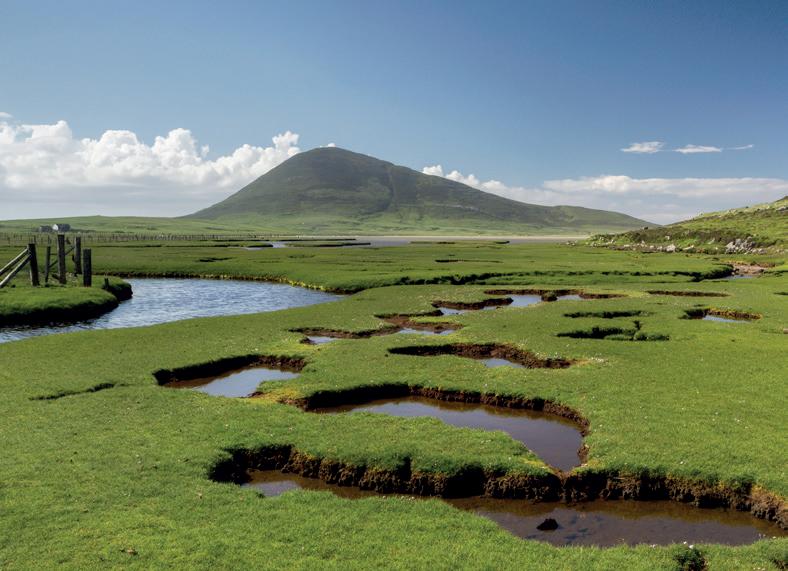
Scotland’s farmers and crofters are already leading the way on climate solutions, but NFU Scotland warns that ambitious net zero targets cannot be met by placing an unfair burden on the nation’s food producers.
The Scottish Fiscal Commission’s latest report on climate change and fiscal sustainability paints a clear picture of the scale of investment required to meet Scotland’s environmental goals. While it highlights the financial challenges ahead, NFU Scotland stresses that farming is not part of the problem – it is a key part of the solution.
From adopting production efficiencies that cut emissions, to capturing carbon through soil management, peatland
restoration, and farm woodlands, farmers and crofters are proving their ability to deliver meaningful change.
But, as NFUS Vice-President Duncan Macalister points out, progress cannot
are ready to be part of the solution, but net zero must not come at the cost of high-quality food production or the rural communities that rely on it.”
A just transition, NFU Scotland argues, means protecting both the environment and the country’s ability to feed itself. The Union warns that without long-term certainty, clear funding commitments, and practical, proportionate regulation, farmers and crofters cannot deliver the scale of change required.
To make climate action work for everyone, NFU Scotland is calling for:
• Long-term, multi-year funding to support on-farm climate initiatives.
• Recognition of agriculture’s active role in reducing emissions and capturing carbon.
• Fair and practical regulation that reflects the diversity of Scottish farming.
• Policies that strengthen, not weaken, food production while achieving environmental goals. Scotland’s farmers and crofters are ready to do more, but they cannot carry the cost of transition alone. With fair funding and balanced policies, we can secure climate action that delivers for the environment, food security, and rural Scotland. NFU Scotland
Scotland’s farmers and crofters are ready to do more, but they cannot carry the cost of transition alone.
come at the expense of the very sector that feeds the nation.
“Scotland cannot reach its climate targets by placing a disproportionate burden on farming and food production without significant financial backing,” said Mr Macalister. “Farmers and crofters
will continue to work closely with the Scottish Government and other partners, ensuring that climate targets are met without compromising the future of farming and crofting – or the vital contributions these communities make to Scotland’s food and drink sector.
Words by Lisa Hislop
We have responded to the next phase of Defra’s proposed Fair Dealing regulations for fresh produce, recognising their potential to formalise good practice and improve transparency across the supply chain. However, we have concerns that the
proposals do not go far enough to address power imbalances between growers and large-scale buyers. Our response underlined the need for flexibility to reflect the diversity of crop types and supply models. Importantly, we reiterated that a robust enforcement mechanism and independent dispute resolution is essential to ensure fairness is upheld. While we support the direction of travel,
legislation alone is not enough; effective implementation is vital to rebalance power and secure a fair deal for Scottish growers. We have made recommendations that the amendments are made to ensure clearer definitions around contract timings, stronger protections against unfair rejections and deductions, and mechanisms to ensure fair payment for all marketable produce.
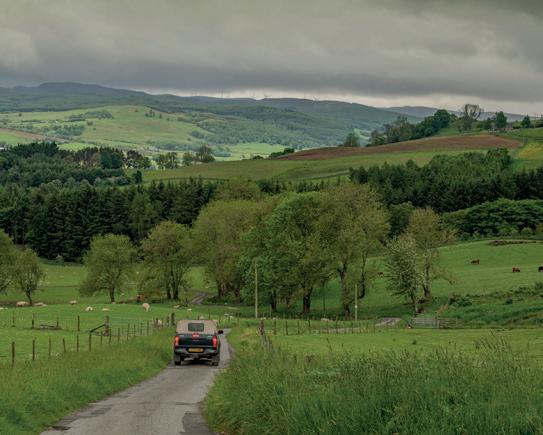
Scottish farmers and crofters are facing unprecedented challenges, from rising input costs to the urgent need to invest in efficiency, sustainability, and resilience. In response, the Future Farming Investment Scheme (FFIS) was launched to provide capital support for farm businesses looking to modernise and transform. But demand has far outstripped available funding, with thousands of applications received for just £14 million in the 2025/26 financial year.
In light of this overwhelming demand, NFU Scotland President Andrew Connon has written to Cabinet Secretary for Rural Affairs, Land Reform and Islands, Mairi Gougeon MSP, urging the Scottish Government to significantly increase the FFIS budget.
“The demand shows that Scottish farmers and crofters of all sizes, types, and locations are ready to invest in their futures – not just for profi tability, but to deliver on the Scottish Government’s ambitions for climate, environment, and resilience,” said Mr Connon.
NFU Scotland is calling for immediate action to ensure that the scheme can meet industry demand. Its recommendations include:
• Increasing the FFIS 2025/26 budget by at least £5 million, using uncommitted funds originally earmarked for food processing and marketing support if that scheme cannot be delivered this year.
• Bringing forward part of the £26 million budgeted for 2026/27, while allocating the remainder to food processing, marketing, and cooperation grants, allowing more businesses to benefi t from the scheme this year and drive transformative progress in Scottish agriculture.
The Union has welcomed the FFIS’s streamlined application process and focus on new entrants, young farmers, tenants, and investment in efficiency and sustainability. Mr Connon described the scheme as “a refreshing step forward – simple, focused, and impactful.”
“But unless the funding matches the demand, we risk losing momentum at a time when the industry is crying out for action,” he ended.
Words by Rhianna Montgomery
At the end of October, we provided oral evidence to the Rural Affairs and Islands Committee on the Crofting and Scottish Land Court Bill.
NFU Scotland is calling for crofting legislation to be simplified and modernised, with clear guidance to help crofters navigate changes. Active management must underpin environmental use to prevent land abandonment, while breaches should only be reported by those directly affected, with local definitions and firm decision-making deadlines retained.
Effective Commission oversight is essential, particularly if reporting duties for Grazings Committees are reduced.
Fast-track assignations for family members are welcome, but the proposed three-croft threshold risks restricting active crofters in some areas. Transparency can be improved through boundary adjustments, decrofting applications, and better use of the Crofting Register, while grazing shares must be protected, transferable within communities, and properly registered. Effective Commission oversight is essential, particularly if reporting duties for Grazings Committees are reduced.
As the Bill progresses, NFU Scotland will keep pushing for practical reforms that work for active crofters and rural communities. We encourage members to stay engaged and share their experiences to help shape a fair and functional future for crofting.






We welcome letters from NFU Scotland members on agricultural issues, rural life, or topics covered in the Scottish Farming Leader. This is your space to share views, experiences, and constructive debate.
Guidelines:
• Keep letters concise (around 200–250 words).



• Include your name, business name (if relevant), and region.
• Letters may be edited for length and clarity.
• Please send submissions to editor@nfus.org.uk for consideration in the next edition.





Ian Davidson Independent Advisor
Iwrite this the day after the official announcement of Jordan Duddy, a 23-year-old from Carlisle, taking on the role of contract farmer at SRUC’s Acrehead dairy farm after a competitive selection process. It was such a rewarding day to see someone setting out on a career journey surrounded by support and the best wishes of those who attended the event, including SRUC Principal, Professor Wayne Powell and Jim Fairlie, Minister of Agriculture and Connectivity in Scottish Government. This is an exciting opportunity for Jordan, and we wish her all the very best for the future. It is a great example of where Scottish Land Matching Service (SLMS) can support the development of an opportunity in the first instance, as well as helping with the competitive selection process. The quality of candidates
coming forward was excellent and makes SLMS more determined than ever to find opportunities for them if we can.
Around 9% of Scotland’s land is publicly owned and we recognise that some of it won’t be suitable for providing opportunities. However, we must ensure that where it is possible, creating opportunities must be part of the land use planning process for all decision makers on publicly owned land. SLMS would be very happy to support organisations in that planning process.
The development of opportunities on publicly owned land is going to play a vital role in supporting our young and new entrants onto the farming ladder. We must do all we can to give encouragement to these enthusiastic young people who can bring a vitality and freshness to the industry – they are the future. Scottish Land Matching Service stands ready to provide advice and facilitation to public landowners to make these opportunities happen.














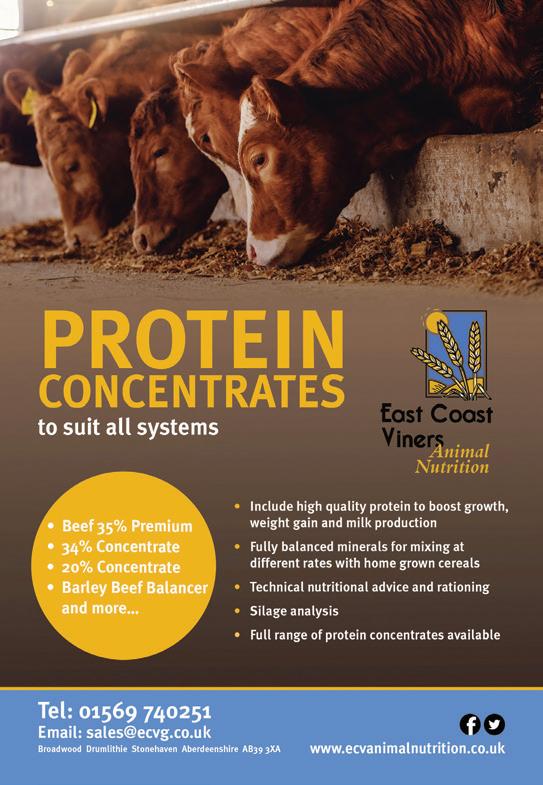
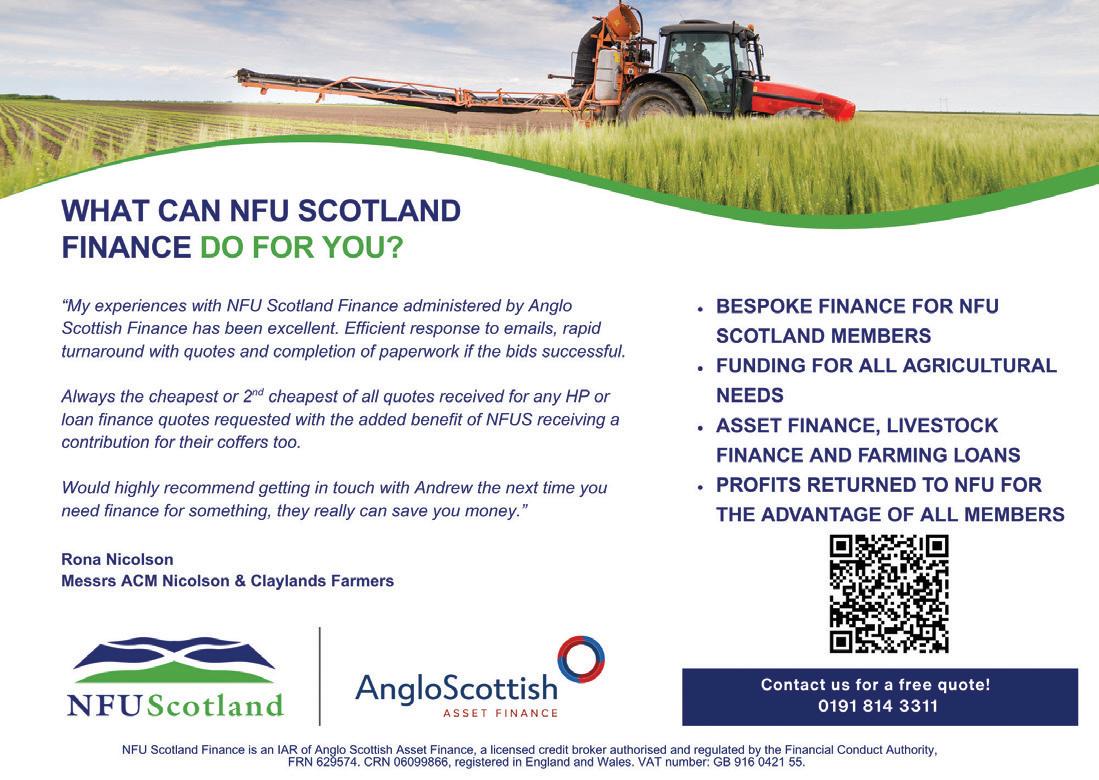
Words by Megan Williams
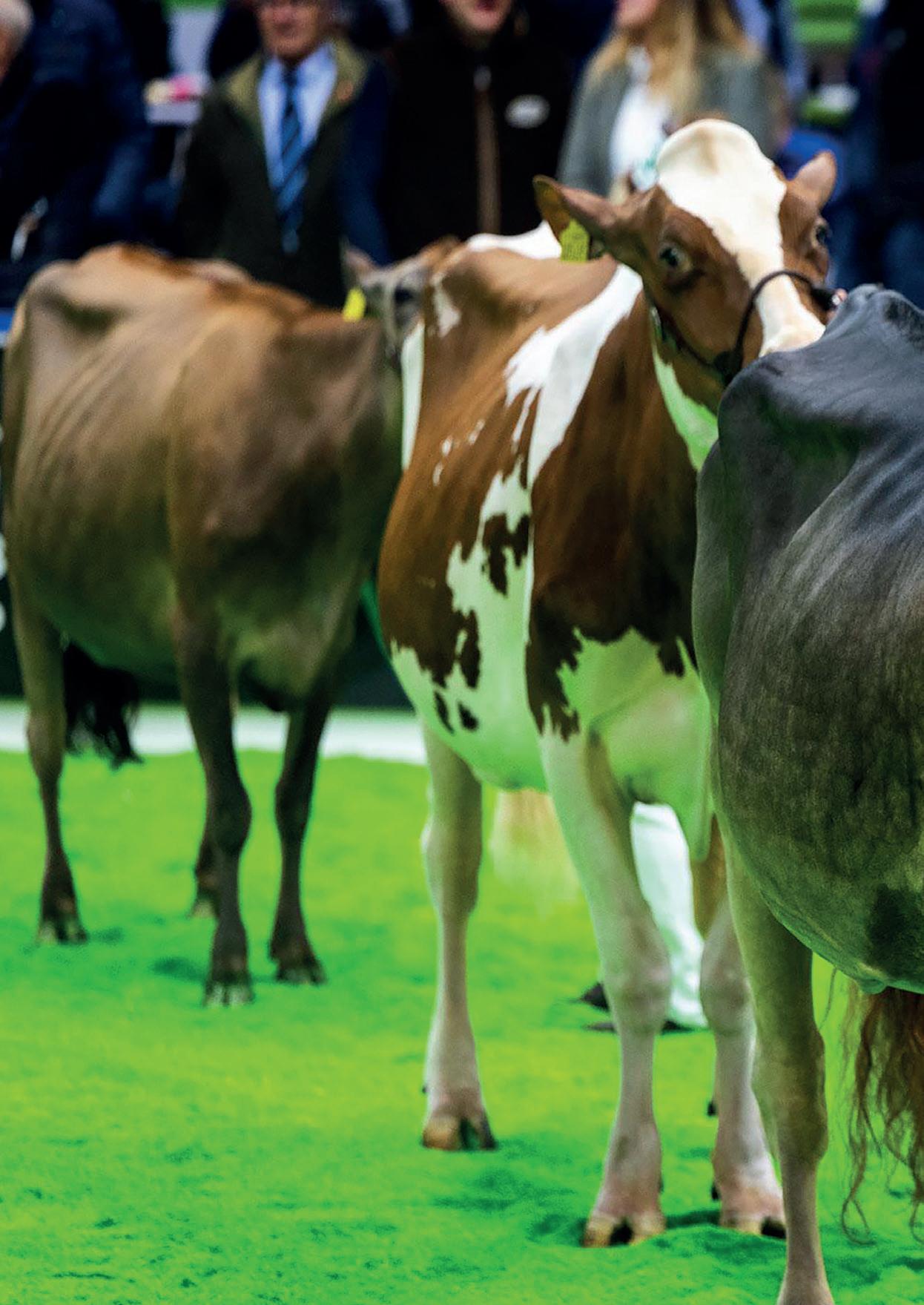
As the farming calendar edges closer to AgriScot 2025, there’s no denying the sense of momentum – and pressure – across Scotland’s agricultural sector. With new policy frameworks on the horizon, ongoing cost pressures, and a climate that remains unpredictable, farmers and crofters are being asked to adapt faster than ever.
AgriScot is Scotland’s leading agricultural show – showcasing machinery, livestock, technology, and seminars for all farming sectors, while providing networking opportunities and free entry for all visitors. This year’s event on Wednesday 19 November at the Royal Highland Centre promises to be more relevant than ever – offering practical answers, technical insight, and a vital chance for the industry to come together.
To get ahead of the curve on Scottish farming’s future, and find out what AgriScot 2025 has in store, we sat down with Robert Neill, newly elected Vice President of NFU Scotland and a former AgriScot Chair.
You’ve been involved with AgriScot for over a decade. What does the event mean to Scottish farmers and crofters right now?
AgriScot has evolved a lot over the years. It started as a dairy-focused event, but now it caters for every sector in agriculture –livestock, arable, beef, sheep, horticulture and dairy. Surveys show that more beef, sheep, and arable farmers attend than dairy farmers now. The sector has changed, so the event has changed with it.
How would you summarise the event itself?
It’s jam-packed. Every square metre of space is sold, with around 80 trade stands on the waiting list. The buzz on the morning
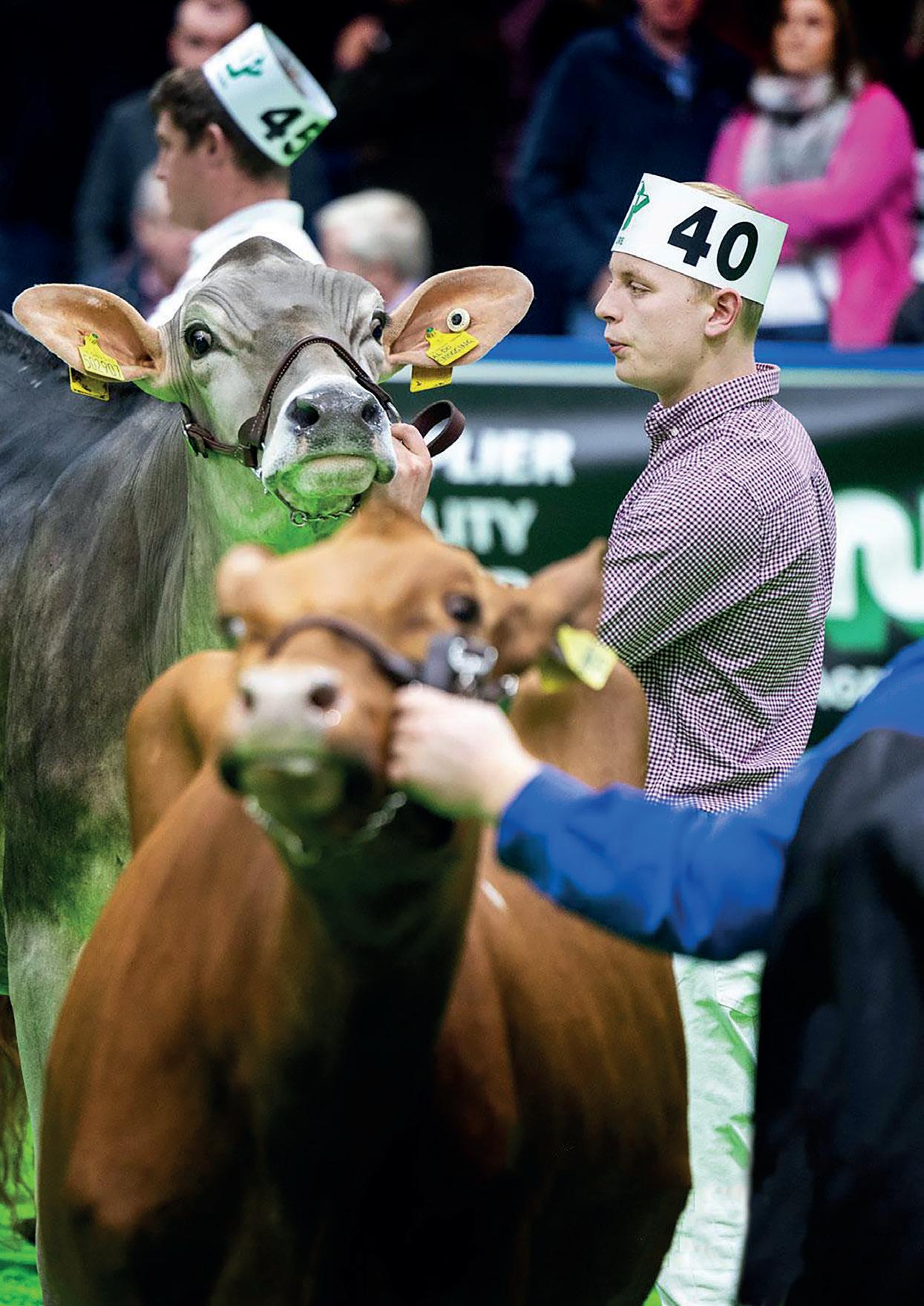
of the show in Highland Hall is unbelievable. Over the years, I’ve watched it grow since it started in 2001, and there’s something for everyone – from seminars on topical farming issues, to livestock showing, and arable kit displays.
Speaking of topical issues, what are some of the biggest challenges on the horizon for Scottish agriculture?
The biggest challenge is the uncertainty of policy going forward – what the budget is going to be and how it’s going to be divvied up to the people on the ground. Every sector is fighting their corner, so it’s a massive challenge to make it fair for everybody. And food security is a massive priority. We can’t rely on the rest of the world to feed Great Britain; we should focus on being self-sufficient and producing the goods within the UK. Farming is a generational business – you can’t turn the tap on and off overnight.
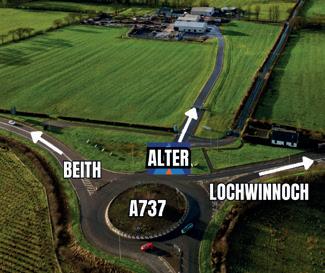











We are a farm waste management company, based near Dundee and have been trading for 14 years.
• Collection of waste from farm
• Coverage throughout Scotland
• Waste drop off directly to our yard

We are a farm waste management company, based near Dundee and have been trading for 14 years.
The types of waste we accept includes: Silage Wrap, Fertiliser Bags, Chemical Drums, Cardboard and Feed Buckets. Mixed loads of waste are accepted to make it as easy and affordable as possible for farmers to dispose of their waste.
• Collection of waste from farm • Coverage throughout Scotland • Waste drop off directly to our yard • Walking floor haulage
The types of waste we accept includes: Silage Wrap, Fertiliser Bags, Chemical Drums, Cardboard and Feed Buckets. Mixed loads of waste are accepted to make it as easy and affordable as possible for farmers to dispose of their waste.
Skips also available for scrap metal. Give us a call to discuss your requirements.
Skips also available for scrap metal. Give us a call to discuss your requirements.

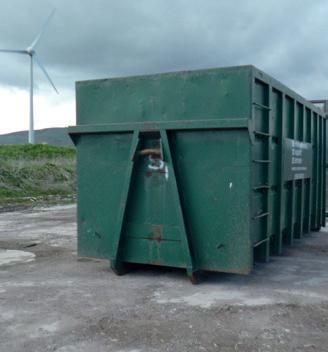


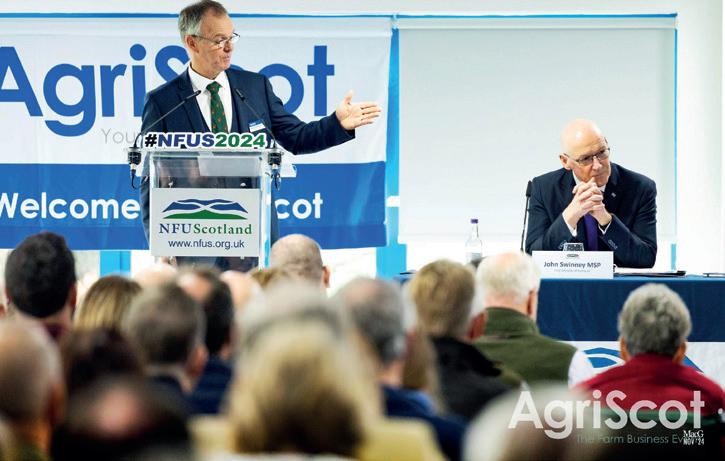
We need trust and commitment from government and the public to allow us to adapt and evolve our businesses, make the necessary changes, and continue to produce home-grown food. Too often, farmers are targeted and blamed, but the truth is we’re the ones who can lead the way in producing food efficiently and responsibly, while also tackling challenges like climate change.
Climate resilience is a huge focus right now. How is this impacting food production in Scotland?
We’re in a really good place in Scotland, and our climate allows us to produce food and grow grass. However, going forward, changing climate is going to have a massive effect on food production – we’ve had a really dry season, and further south it gets worse; harvest has been horrendous for farmers in southern England. Yields have been right down, and all these weather anomalies – wildfires, torrential rain, flooding – make it increasingly hard to produce food.
Do you see innovation, technology, and science supporting farmers in this?
Yes, so for us in Scotland, this could be precision breeding. We’ve got the James Hutton Institute, one of the best research centres for breeding technologies in the world, in Dundee. We need to breed plants that are resilient. If we could use precision breeding to get barley and grass that can nitrogen-fix from the atmosphere rather than putting artificial fertilizer on the ground to make it grow, which is a massive cost, that would be a game changer for us in being able to produce the goods with less inputs.
Over the last few years, you have chaired the renowned politics seminar hosted by NFU Scotland. Why is this such an important event for Scottish agriculture?
AgriScot is a key date in the Scottish Government calendar, with an agricultural Minister always attending to share their priorities for the Scottish farming industry. Historically, the opportunity has included
a key announcement on funding or policy changes, so it is no surprise it is one of the most popular seminars in the programme.
the Award.
NFU Scotland also sponsor the Future Farming Award. Can you tell me about this?


24 years running
Proudly connecting the agricultural community since 2001.






11,000 visitors annually

From farmers and growers to industry professionals.




farmers taking over the reins. My sons are passionate about farming, and we want a


It’s about the next generation – the farmers taking over the reins. My sons are passionate about farming, and we want a better business model and better working conditions for them. The award shows what’s coming through – and that’s important.






AgriScot in three words, how would

Pleasurable, honourable, rewarding.

If you had to describe your time with AgriScot in three words, how would you sum it up?

And with a different hat on, what are you looking forward to most at AgriScot 2025?
I’m really looking forward to having a look around – not being as busy. I’ll be able to have a look at some of the show, which in the past seven years, to be honest, I’ve never done because I haven’t had the time.
Is AgriScot still free to attend?
Yes, keeping it free has always been important. It is well worth pre-registering at www.agriscot.co.uk so you can also get speedy access to the event and make the most from the day.
Finally, where can members find us (NFU Scotland) at the event?
Stand 2 in the Highland Hall! At the Dairy Hub/Kite seminar titled “Driving Dairy to a Sustainable and Profitable Future” and, of course, our much anticipated. seminar where our President, Andrew Connon, will go headto-head with the Minister for Agriculture and Connectivity, Jim Fairlie MSP.
Key info:


No.1 farm business event in the UK
Celebrating excellence from the Unsung Hero to the Scottish Sustainable Farm of the Year. you sum it up?
The leading platform for innovation, networking, and knowledge-sharing.






230 trade stands
Showcasing the latest in machinery, livestock equipment, agri-tech, inputs, and services.




Wednesday 19 November 2025
Royal Highland Centre, Ingliston agriscot.co.uk


16 awards presented















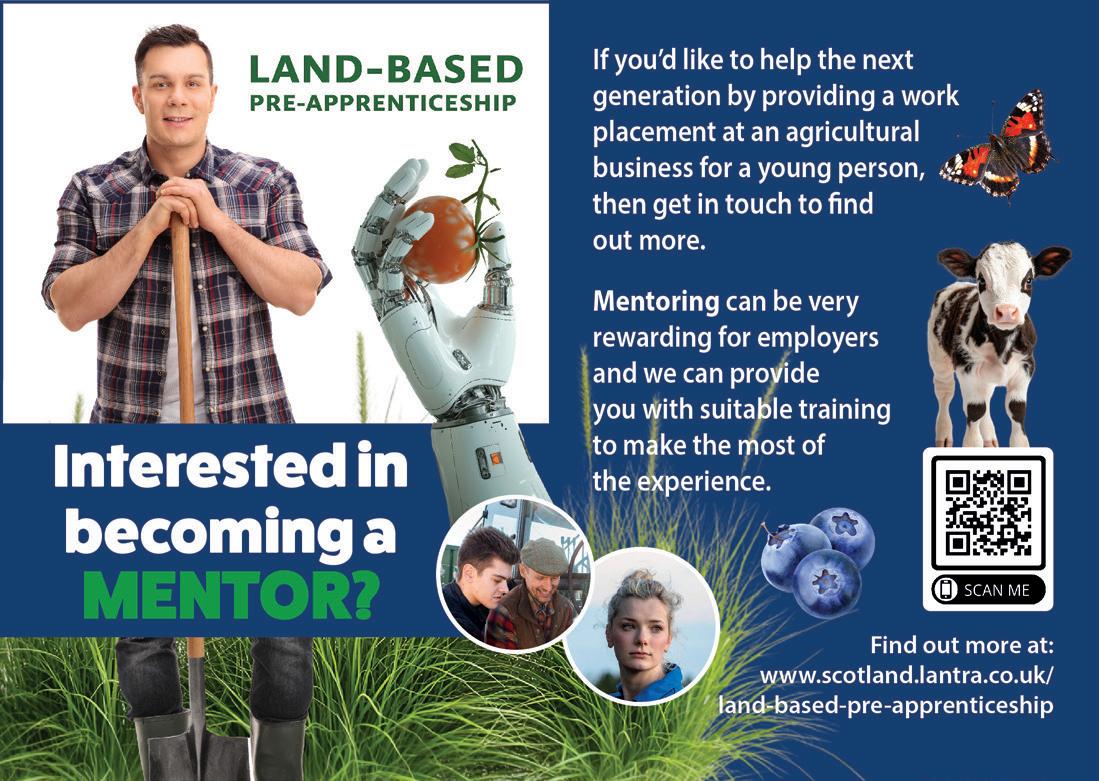



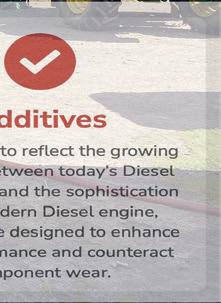






Beatrice Morrice Head of External Affairs




Al Walker Political Affairs Advisor
Last month, NFUS President Andrew Connon, Deputy CEO and Director of Policy Jonnie Hall, and Head of External Affairs Beatrice Morrice, attended the Labour Party Conference in Liverpool. We met with over 20 MPs, MSPs, Ministers, and other key stakeholders, ensuring that the voices of Scottish farmers and crofters were heard.
Key themes in discussions at the conference included the importance of food security, access to skilled labour, and our continued call for changes to the damaging inheritance tax proposals.
Our next stop is the SNP Conference in Aberdeen, where we will be hosting an event to discuss the importance of future agricultural policy and the need for an increased multi-annual funding commitment from the Scottish Government.

NFU Scotland gave oral evidence to the Rural Affairs and Islands (RAI) Committee on the draft National Plan under the Good Food Nation (Scotland) Act. Lisa Hislop-Smith, Supply Chain Policy Manager, underlined the importance of locally sourced Scottish produce and emphasised that improving access to nutritious, locally produced food must be a central pillar of government strategy. The Good Food Nation Plan should be a key delivery mechanism for this.
Jonnie Hall, our Deputy CEO and Director of Policy, gave evidence to the Net Zero, Energy and Transport (NZET) Committee on the proposed Ecocide (Scotland) Bill. The Bill aims to introduce greater penalties for intentional or reckless severe environmental harm. Jonnie highlighted that farmers, crofters, and land managers already adhere to a comprehensive set of environmental regulations designed to promote sustainable agriculture, protect the natural environment, and ensure compliance with regulatory standards.
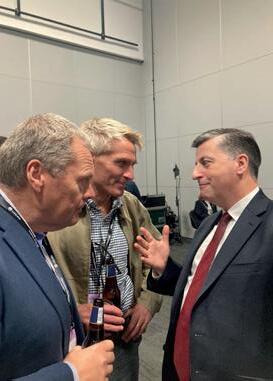
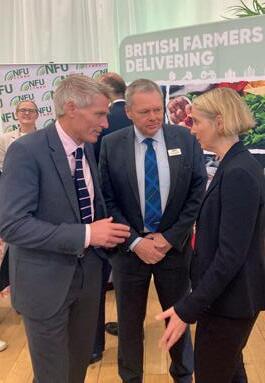
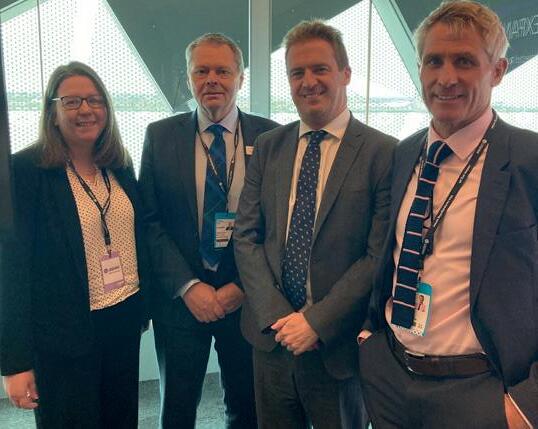
NFU Scotland has submitted a formal response to the UK Government’s consultation on the Draft Finance Bill. The submission sets out NFU Scotland’s strong opposition to the current proposals on Agricultural Property Relief and Business Property Relief and calls on the government to consider alternative approaches that protect family farms while still generating revenue for the Treasury.
NFU Scotland challenges the government’s assertion that the proposals are fair or effectively targeted, and highlights findings from a recent Centre for the Analysis of Taxation (CenTax) report, which shows that:
• The current proposals would disproportionately affect working family farms more
than diversified estates or landowners using agriculture as a peripheral activity.
• Over 50% of farming businesses – including owner-occupiers and tenants – would face higher tax bills, compared to just 20% of nonfarming landowners.
• Around 70 estates per year would be unable to meet their IHT liabilities, even by selling non-farm assets, threatening their future viability.
The submission also criticises the proposed implementation date of April 2026 and supports the House of Commons EFRA Committee’s recommendation to delay the reforms until 2027. NFU Scotland is urging the UK Government to pause the current proposals, review the evidence, and engage directly with farming organisations to develop a fairer path forward.
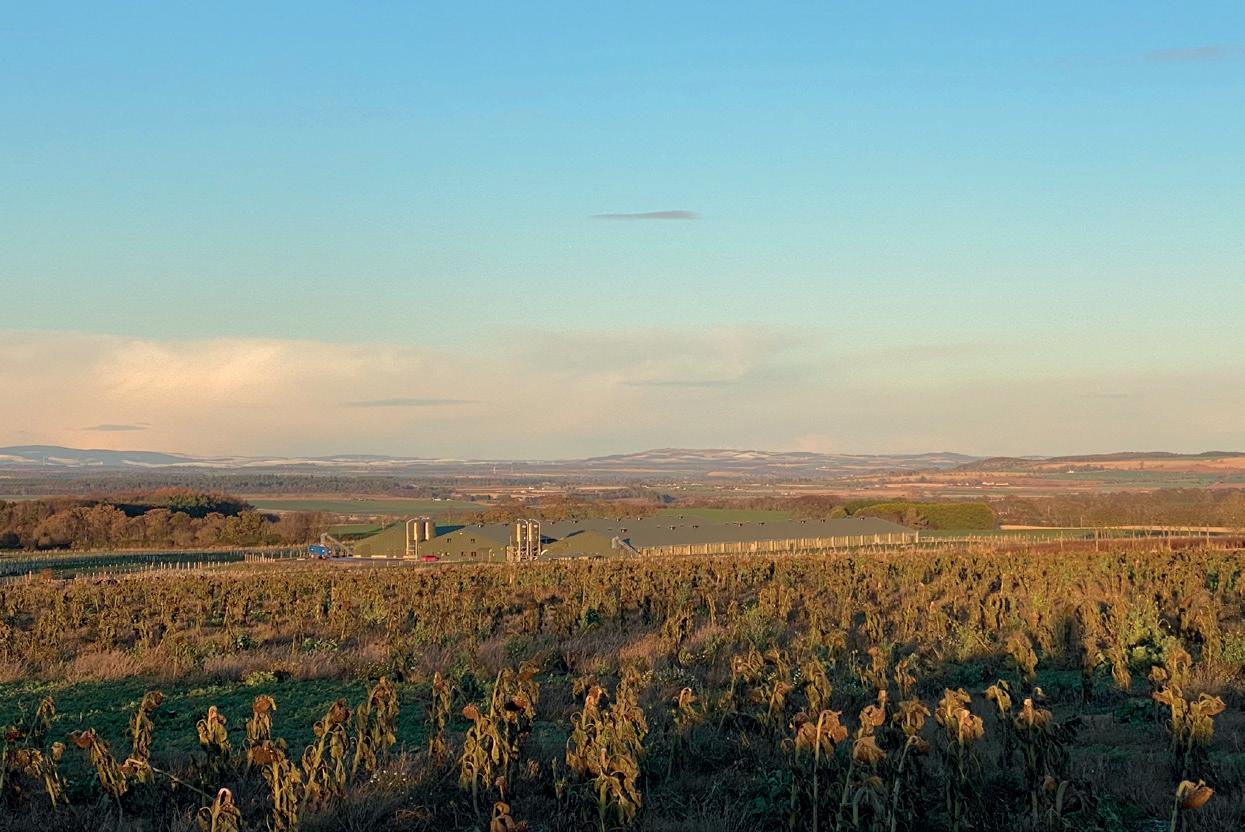
Words by Diana McGowan
For decades, the Dowell family farm near Arbroath focused on potatoes and arable crops.
But in 2023, Angus and Lauren Dowell took a bold step into poultry, building modern laying sheds and launching an innovative egg enterprise. Working closely with feed specialists, vets, and nutritionists, they’ve tailored rations to support hen health and extend laying beyond 85 weeks – without compromising welfare or egg quality. Alongside this cutting-edge nutritional approach, their use of renewable
energy, closed-loop systems, and locally sourced feed reinforces a sustainable model that’s both environmentally and financially resilient.
Angus Dowell and his wife, Lauren, fifth generation farmers, built two 32,000 Morspan laying sheds with Big Dutchman 284 Natura internals in the summer of 2023, and are in the process of building a third, to supply Farmlay, which has contracts with some of the main supermarket retailers from its base in Aberdeenshire.
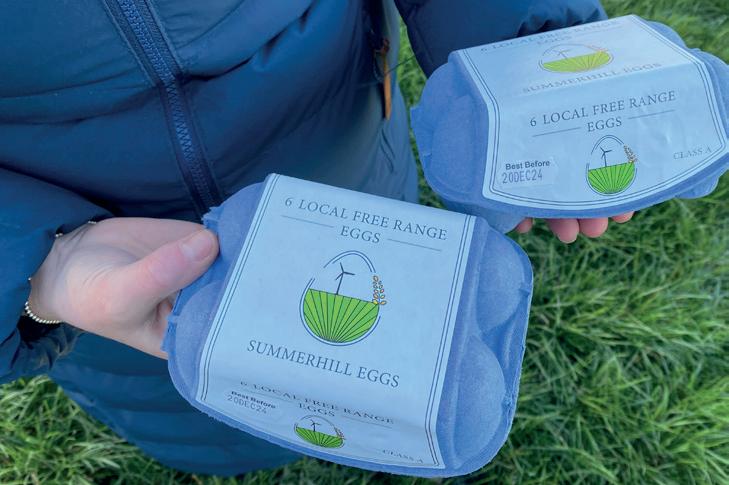
Arable and potatoes has been the main enterprise at North Mains of Cononsyth near Arbroath, where the Dowell family farm an 800-acre unit with additional contract farming and potato lets. Since 2011 Angus’ forward-thinking father, John, has installed a wind turbine, solar panels and five biomass boilers to self-sufficiently power the farm in heat and electricity. They dry woodchip for local farmers and any excess power is exported to the grid. The family also grow honeyberries for the Scottish Honeyberry cooperative, and Lauren spearheads the various consumer-facing enterprises, a sunflower maze which brings thousands of multigenerational families to visit in July to take photos, navigate the maze and pick honeyberries. They also have a ‘Spud Hut’ selling potatoes, eggs and honeyberries.

Laying hens are the first livestock on the farm for over 30 years. Angus explains that when they started the planning process in 2020, the egg market was struggling: “However, we’d always seen it as a long-term venture and the aim was just to make sure we were getting the most out of the hens and the market in every year, and now fortunately demand is high again.”

At the heart of this is a focus on nutrition to get quality eggs as well as healthy hens to lay for as many weeks as possible. Angus, who was a competitive curler and has always recognised the link between nutrition and performance, has been working together with his vet, Matt Balfour, breed rep James Wignall and Calum Littlejohn at East Coast Viners to tailor the feed rations to maximise egg quality and hen health.
“As we are new to this, we are potentially more open to trialling different things to see where we get results. Our main goal was to see if we could extend the laying time of the hens from about 70 weeks to 85+ weeks, without compromising the hen’s health and welfare or the quality of the eggs produced. It may have meant spending more on feed and additional additives, but the return has more than paid that back as we’ve had good quality eggs and the hens are laying well into their 80th week, so that positively impacts the overall margin.”
The Dowells have tweaked the nutrition as they go, with East Coast Viners adapting the feed to suit what they needed as they monitored hen and

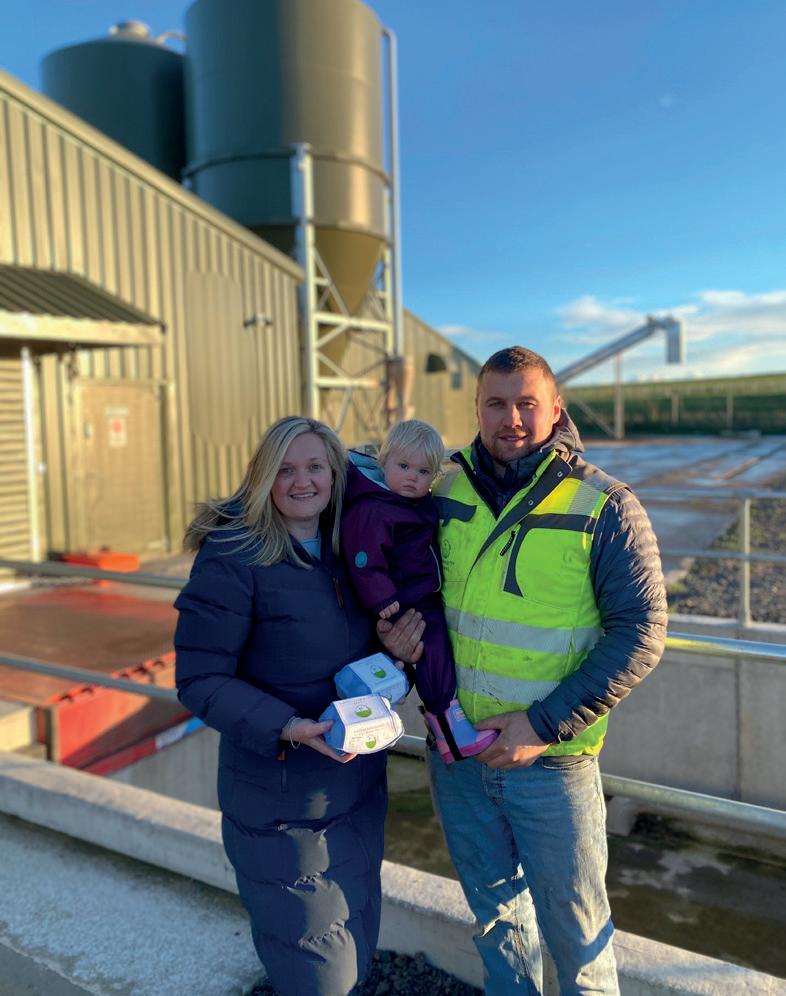
Laying hens are the first livestock on the farm for over 30 years. Angus explains that when they started the planning process in 2020, the egg market was struggling:
“However, we’d always seen it as a long-term venture and the aim was just to make sure we were getting the most out of the hens and the market in every year, and now fortunately demand is high again.”
egg performance. “Poultry feed needs to be consistent, easily digestible and have the right balance of nutrients,” said Calum, who is part of a team of six nutritionists at East Coast Viners, who also specialise in game bird nutrition.
“It also needs to be phased for each stage of lay. We are delivering loads on a weekly basis and the advantage of this is that changes can be regular and fl uid, depending on how the hens are performing. These small adjustments can make all the diff erence to the longevity and ultimately the profi tability of the fl ock. It’s about prevention, rather than cure.”
East Coast Viners sources 90% of the grain for its feed from farms within 30 miles of the mill at Drumlithie, where it is mixed with tailored nutrition. East Coast Viners regularly sends its feed and raw materials away for independent testing
Mid Crieffvechter Farm, Crieff, Perthshire | 07831 195724



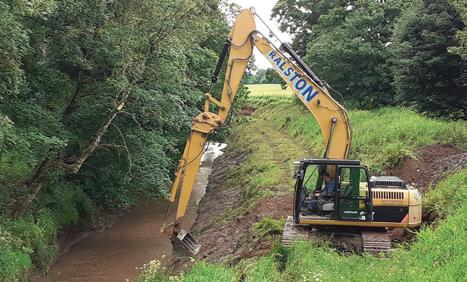

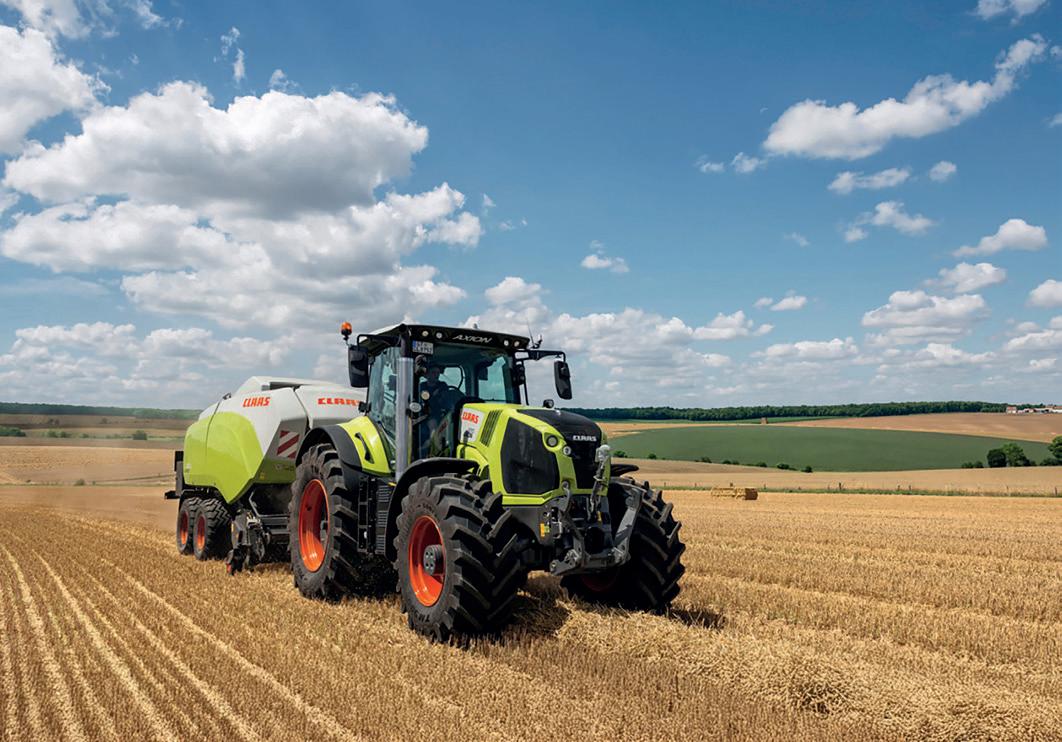


SELLARS is part of the CLAAS dealer network. We sell agricultural machinery and parts and we service machinery, too.

Alongside CLAAS, we are also dealers for several other leading agricultural machinery manufacturers, including Lemken.
From our 7 SELLARS branches, our knowledgeable teams provide machinery and expertise to customers across Scotland, from the north all the way down to south of the Firth of Forth.


Visit www.sellars.claas-dealer.co.uk to find your nearest branch for all your agricultural machinery, parts and servicing requirements



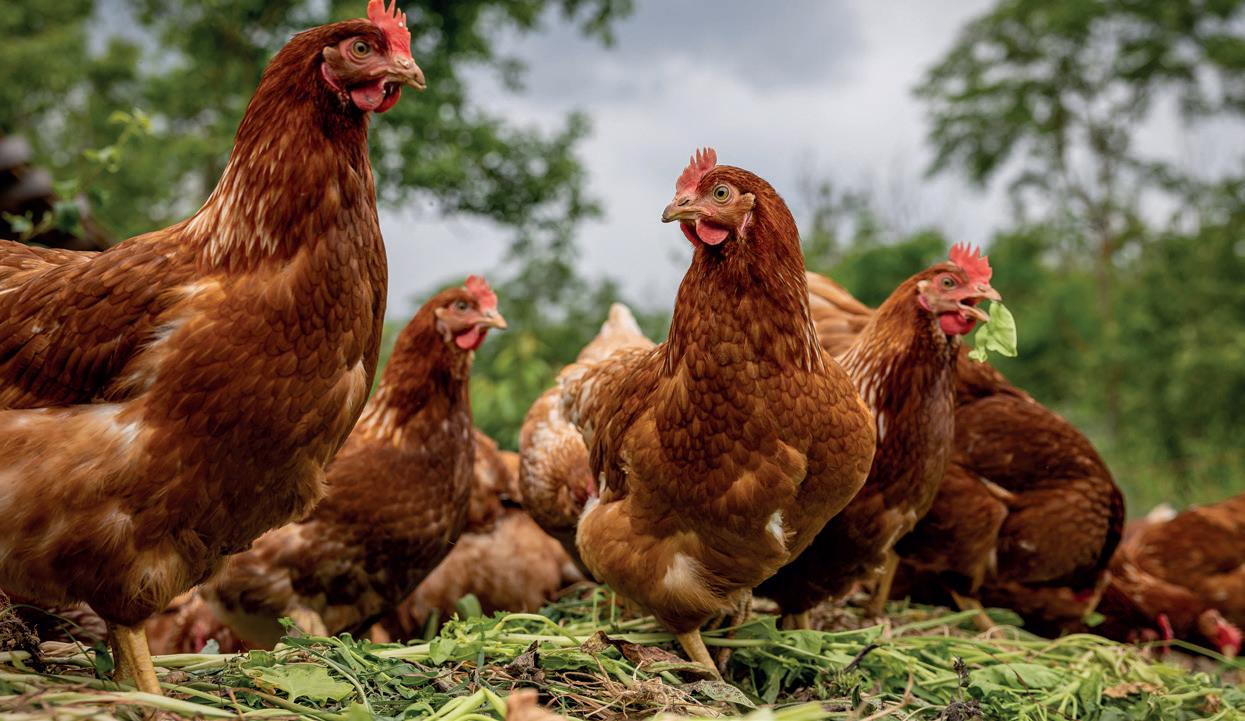
to identify the levels of nutrients and to make sure that the rations are formulated correctly depending on the results.
“This area is really good for growing wheat and barley so customers know that we are using good quality raw materials. We are then working closely with mineral experts and we know the vets at St David’s, who the Dowells use, so it’s all a very collaborative approach that helps ultimately to get the best results.”
East Coast Viners dries and processes the grain using the green energy from wind turbines and biomass at its Drumlithie feed mill, so this adds to the positive environmental story for customers to pass on to retailers alongside their own initiatives.
One of the five biomass boilers at Cononsyth Farms heats the layer units, which has the dual advantage of drying the muck – locking in the ammonia to create better quality nitrogen for the fields, also diminishing the smell – and keeping the temperature in the shed at a constant 21 degrees. This controlled environment means the hens don’t need to respond to sharp changes in temperature which can affect how much they eat and lay, and makes it easier for the Dowells to plan rations.
The contract pays weekly which is good for cash flow, says Angus, but also means a flexible approach that can bring immediate rewards.
“We’ve learned a lot from this first batch which will inevitably guide the nutrition going forward. We’re learning it’s all about
the overall egg mass, and it’s how you divide that up. What is great is working so closely with East Coast Viners and being able to constantly tailor as we go. We started off with a smaller egg than we would have liked but managed to tweak the feed to help increase the weight without letting the size run away from us.”
The new egg sheds have created employment for two full-time and two parttime employees, who collect the eggs as well as manage the sheds, walking them to reduce the amount of floor eggs and keep on top of bird health and welfare.
Lauren commented: “We are very lucky to have a young enthusiastic poultry manager, Ollie, and the fantastic team that work alongside him.”
By introducing laying hens to their long-established arable and potato enterprise, the Dowells have successfully diversified their farm business with a focus on sustainability, innovation, and local collaboration. Through tailored nutrition, renewable energy, and careful planning, they’ve created a high-welfare, highperformance egg enterprise that not only meets retailer demand but also enhances environmental and financial resilience. Their investment in a new muck store is helping reduce fertiliser use by keeping manure dry and nutrient-rich, while plans to feed homegrown cereals to the hens – using backloads to transport grain –are helping close the loop on inputs and outputs. With each step, the Dowells are building a more circular, self-sufficient, and future-ready farming system.



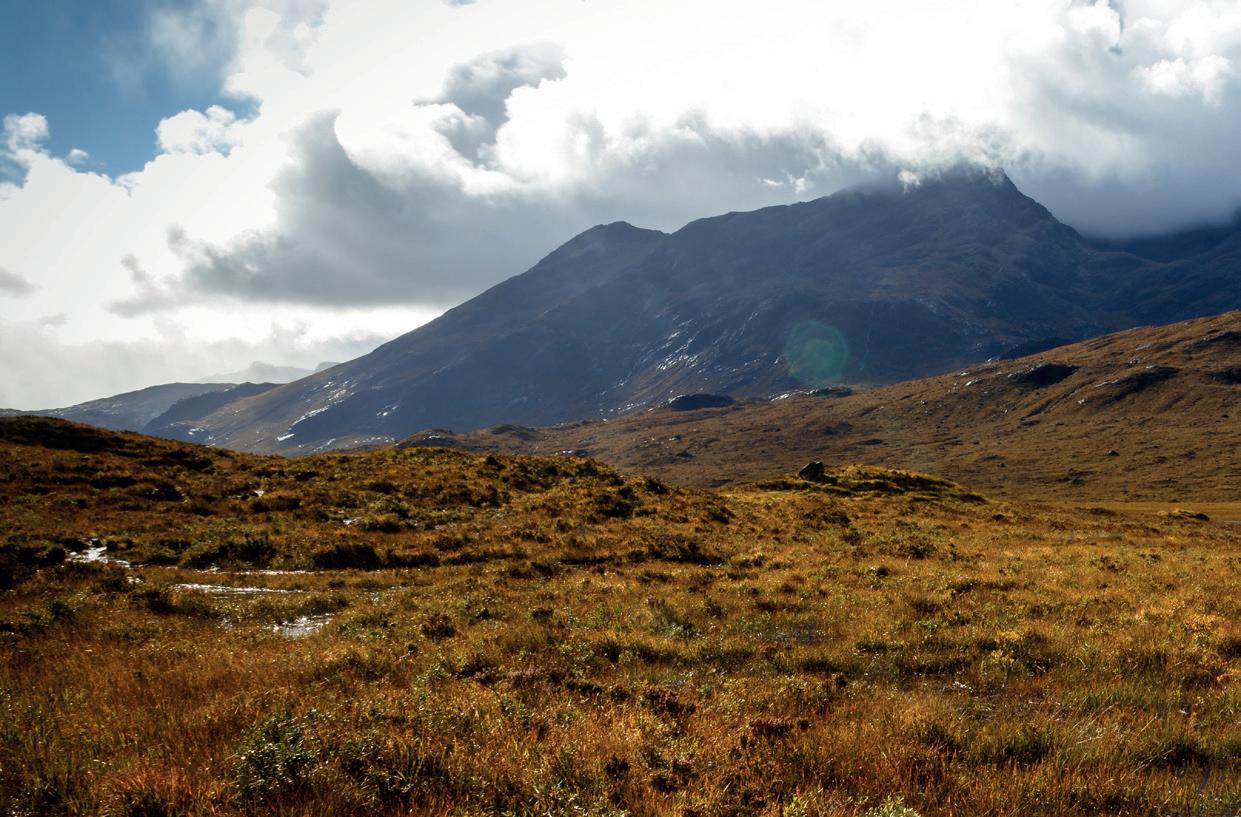




SJonnie Hall Deputy CEO/Director of Policy
cotland properly moves into a post-Common Agricultural Policy (CAP) era, the design of its new agricultural support model requires a thorough re-examination of fundamental legal and operational terms.
Concepts such as ‘eligible land’, ‘agricultural activity’ and ‘entitlements’ are much more than technicalities far removed from what farmers and crofters do day in and day out. The dull reality is that they underpin who receives public money, how land is managed, and whether support delivers on the new policy objectives of high-quality food production, climate and nature ambitions, and thriving rural communities. Redefining these terms is therefore central to both the effectiveness and the legitimacy of future direct agricultural support.
Any system of public payments requires objective criteria to determine who qualifies, for what, and under which conditions. Our legacy CAP schemes, still operating today, still rely on inflexible, yet complex, definitions. But we now have the opportunity to ensure these critical building blocks of future direct support reflect our distinctive agricultural profile and policy priorities – and put right a few existing flaws.
Put very bluntly, let’s deal with gross areas rather than focusing on ‘ineligible features’ that nevertheless have a value.
The concept of ‘eligible land’ determines the area on which support payments can be claimed. Under CAP rules, eligibility often excluded features like scrub, woodland, or wetlands – yet such features provide clear environmental, if not agricultural, benefi ts.
Redefining eligible land should move beyond a narrow focus on agricultural productivity. Land that contributes to climate mitigation (e.g. peatlands), biodiversity (e.g. semi-natural grasslands), or community resilience (e.g. crofts) could be recognised as eligible if actively managed. Doing so would align direct support with Scotland’s broader commitments to net-zero, nature recovery, and rural sustainability.
Put very bluntly, let’s deal with gross areas rather than focusing on ‘ineligible features’ that nevertheless have a value.
Eligibility rules must also be made simpler to apply more consistently through mapping, remote sensing, and inspection. Scotland can design and deliver a new,
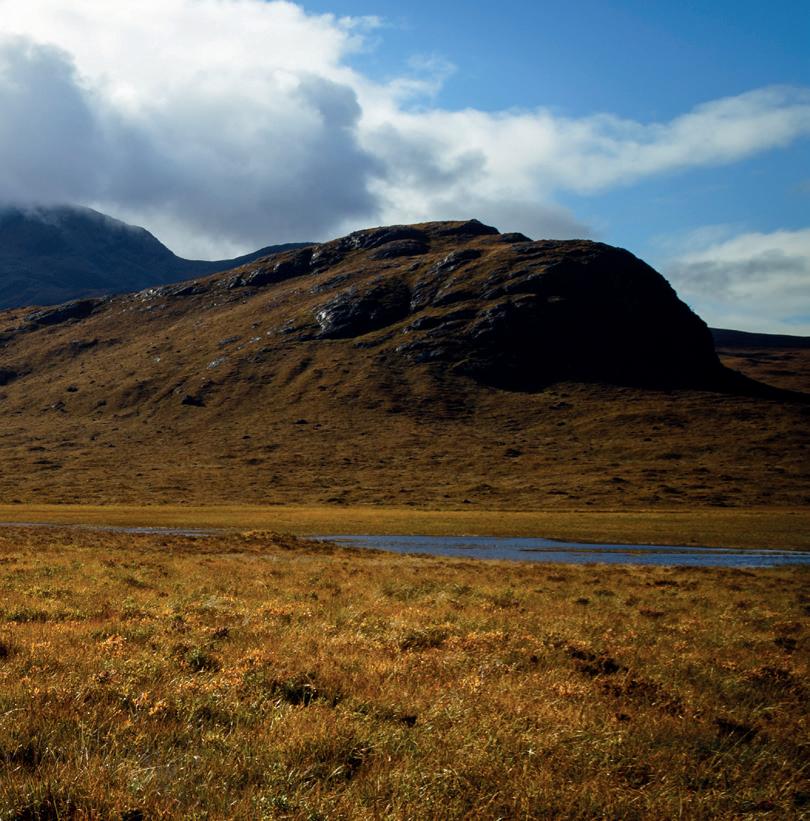
more effective tiered structure of direct support by distinguishing core productive farmland, semi-natural land under active management, and conservation land eligible for more targeted support.
For my money, the most crucial definition is that of ‘agricultural activity’. Under CAP rules, activity was often interpreted as maintaining land in a state suitable for grazing or cultivation. This minimal requirement enabled payments to flow to the occupiers of land, where all too often ‘activity’ was no more than tokenism – and the land delivered little or nothing.
Scotland’s future support system explicitly seeks to deliver multiple objectives: high-quality food production, reduced greenhouse gas emissions, enhanced biodiversity, and thriving rural communities.
The definition of agricultural activity must therefore evolve. It should recognise not only traditional agricultural production, but also management practices that demonstrably deliver for climate, nature and people.
At the same time, the definition must guard against dilution. Payments should not be made where land is effectively abandoned – or where management fails to deliver food or public benefits. Clear activity thresholds – such as minimum
A redefinition could level the playing field.
stocking densities, demonstrable crop production, or certified environmental practices would help maintain credibility as well as the critical justification behind effective and lasting funding.
‘Entitlements’ under the CAP were a mechanism to decouple support payments from production, but in doing so, from 2005, they made direct support historic. Over time, decoupled payments via entitlements became detached from current activity. Entitlements could be also traded, inherited, or leased – often enabling some with minimal agricultural engagement to capture significant public payments.
Redefining, or even replacing entitlements, is critical to ensure that payments flow to active farmers and crofters undertaking the management actions intended to deliver the policy outcomes.
Importantly, any new entitlement design must consider fairness. The likes of new entrants and developing
agricultural businesses have often been disadvantaged by the entitlements system because they lacked a history of claims. A redefinition could level the playing field.
Eligible land, agricultural activity and entitlements are not separate silos but are critical interdependent elements of the future direct support system. Eligible land sets the spatial foundation; agricultural activity defines the qualifying actions; entitlements determine the units of support. Redefining one without the others risks inconsistency.
Any new definitions must be operationally workable. Administrators and audit systems need criteria they can measure. Scotland has learned from past scheme delivery challenges where unclear definitions caused payment delays and EU disallowances. Redefining these core terms within the context of operational clarity and delivery would also reduce disputes, lower administrative costs, and deliver direct support payments more reliably.
To sum up, as Scotland designs its new delivery model for direct agricultural support, redefining ‘eligible land’, ‘agricultural activity’, and ‘entitlements’ is not a technical footnote but a central policy choice.
The way these terms are framed will determine who receives direct support, how land is managed, and whether payments deliver real value for money in meeting what are now much more explicit policy objectives.
A narrow, outdated approach risks perpetuating inefficiencies and undermining public trust. A forwardlooking redefinition, by contrast, can ensure that support flows to active farmers and crofters, drives highquality food production, sustains rural communities, and delivers the desired environmental outcomes.
Crucially, when direct support funding will be increasingly hard won, these definitions will provide much more than a means to deliver that support. They will help underpin the justification for the support and, vitally, they will help target the support to those clearly contributing to our food, climate, biodiversity, and people goals.
Getting these definitions right will shape the very foundation of Scotland’s agricultural policy for decades to come. They are the building blocks of a system that must be fair, transparent, and futureproof – one that earns legitimacy with farmers and crofters, administrators, politicians and the public alike.
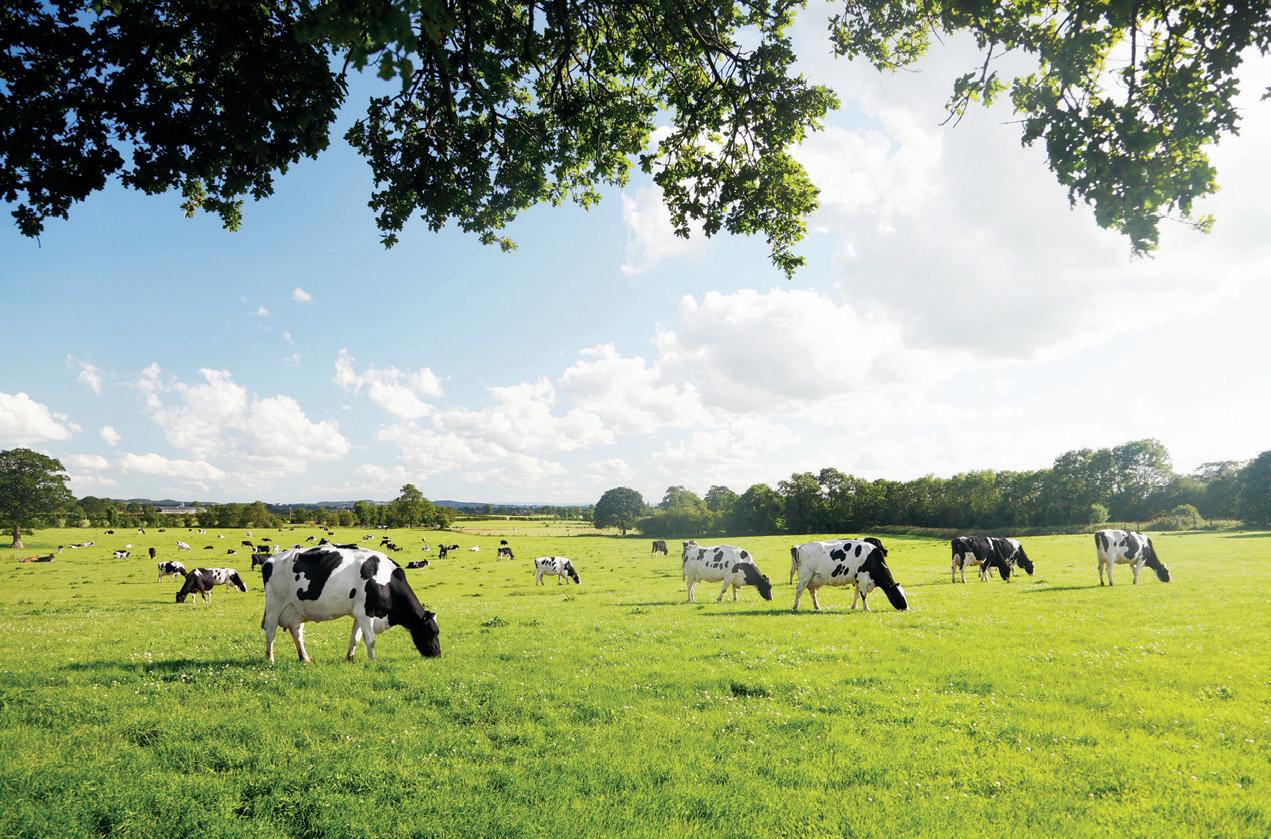





Lucy McGillivray Policy Manager
Et the time of writing, we are in the thick of store cattle, breeding sheep and tup sales, with very strong trade all round. The unprecedented high prices have injected some much-needed confidence into the livestock sector, and as prices stabilise, producers are finally seeing a fairer return on their stock.
Confidence is key to the producer element Meating Our Potential, which is a national partnership campaign led
Animal Health and Welfare Interventions
by Quality Meat Scotland (QMS) and the Scottish Red Meat Resilience Group, which NFUS are a part of. One part of the campaign is encouraging farmers and crofters to put on more cows, to enable the sector to meet the growing demand. Global demand is strong – and evidence shows this will maintain – underlining the importance of maintaining critical mass in Scotland.
On a separate note, as a reminder, the Preparing for Sustainable Farming fund is still open for applications. PSF started in 2022 as a three-year programme to encourage a move towards more sustainable, regenerative farming. The funding, which is coming to an end this year, can be applied for towards carbon audits, soil sampling and animal health
You can select a maximum of two interventions per year from the table below.
3. Cattle: liver fluke Liver fluke investigation
4. Cattle: roundworms Gastrointenstinal parasite (roundworm) investigation: Faecal Egg Count and wormer efficacy testing
5. Sheep scab Screen 12 animals per management group (or all animals in group less than 12) to determine sheep scab status of whole flock.
6. Sheep iceberg diseases Targeted disease investigation (options: Maedi Visna, Johnes, Border Disease, Contagious Lymphadenitis, lung scanning for OPA). Screen cull ewes.
7. Sheep lameness Flock lameness assessment by vet: identify conditions and their prevalence within the flock
8. Sheep: liver fluke Liver fluke investigation
9. Sheep roundworms Gastrointestinal parasite (worm) investigation (Faecal Egg Count and wormer efficacy testing)
and welfare interventions.
Animal Health and Welfare (AHW) Interventions tackled common production diseases of sheep and cattle using wellproven investigations including worms, fluke, sheep scab and respiratory disease. By 29 September 2025 the scheme had received 4,326 claims, totalling £2.7 million in funding.
For the Animal Health and Welfare Interventions, you must complete your investigations and actions for the year by 31 December 2025, and claims must be submitted by 28 February 2026.
For more information, and to make a claim, head to the RPID website or scan the QR code.

Implement sustainable prevention and control plan, including biosecurity measures where relevant, using appropriate expert advice
Implement sustainable prevention and control plan, including biosecurity measures where relevant, using appropriate expert advice
Implement sustainable prevention and control plan, including biosecurity measures where relevant, using appropriate expert advice
Implement sustainable prevention and control plan that avoids unnecessary treatment, including biosecurity measures where relevant, using appropriate expert advice
Implement sustainable prevention and control plan, including biosecurity measures for screening and/or isolating purchased and returning stock, using appropriate expert advice
Implement sustainable prevention and control plan, including biosecurity measures where relevant, using appropriate expert advice
Implement sustainable prevention and control plan, including biosecurity measures where relevant, using appropriate expert advice
Implement sustainable prevention and control plan, including biosecurity measures where relevant, using appropriate expert advice


Bob Carruth Policy Manager
AThe newly launched GB Calf Strategy 2025-2030 sets out a clear vision: every calf from the dairy herd should have the right genetics, the right start in life, and a defi ned route to market. The strategy aims to support a high-welfare, sustainable beef and dairy industry by ensuring all calves are reared with care and commercial purpose.
NFU Scotland is among the signatories backing the initiative, which was officially unveiled at UK Dairy Day in Telford earlier this year. The new plan builds on the 2020-2023 strategy’s successes and reflects growing momentum in dairy-beef integration across Great Britain.
Over the past decade, dairy-beef calf
registrations have risen by 74 per cent, with dairy-beef now contributing 37 per cent of prime beef supply in GB. This growth has been supported by major shifts in breeding practices, particularly the increased use of sexed and beef semen in dairy herds.
According to AHDB data from April 2024 to March 2025, 84 per cent of all dairy inseminations used sexed semen – up from just 12 per cent ten years ago. Holstein herds led the trend at 89 per cent. Beef semen use also rose to 53 per cent, with British Blue (42 per cent) and Angus (38 per cent) being the most popular breeds.
The strategy focuses on three pillars: 1. The Right Calf
Breeding calves with a clear end use in mind, whether for dairy replacements or beef, using better genetic guidance and transparent data.
2. The Right Start
Emphasising professional calf rearing, health, and welfare, and using performance feedback to support decision-making.
3. The Right Route
Ensuring each calf has a viable pathway to market, whether through integrated supply chains, direct sales, or livestock auctions.
The strategy is coordinated by AHDB, NFU, Ruminant Health & Welfare, and Innovation for Agriculture, with support from farmers, vets, processors, retailers, and wider industry bodies. It positions calf rearing not just as a welfare priority, but as a business opportunity with long-term value for both the beef and dairy sectors. More information available at: https:// ruminanthw.org.uk/activities/uk-welfarestrategies/gb-calf-strategy-2025-2030/






















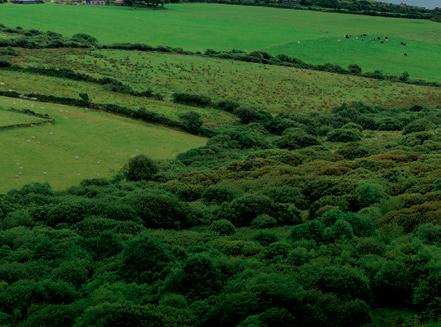







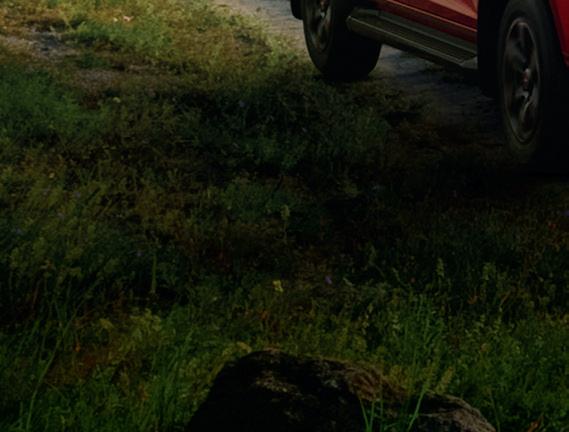




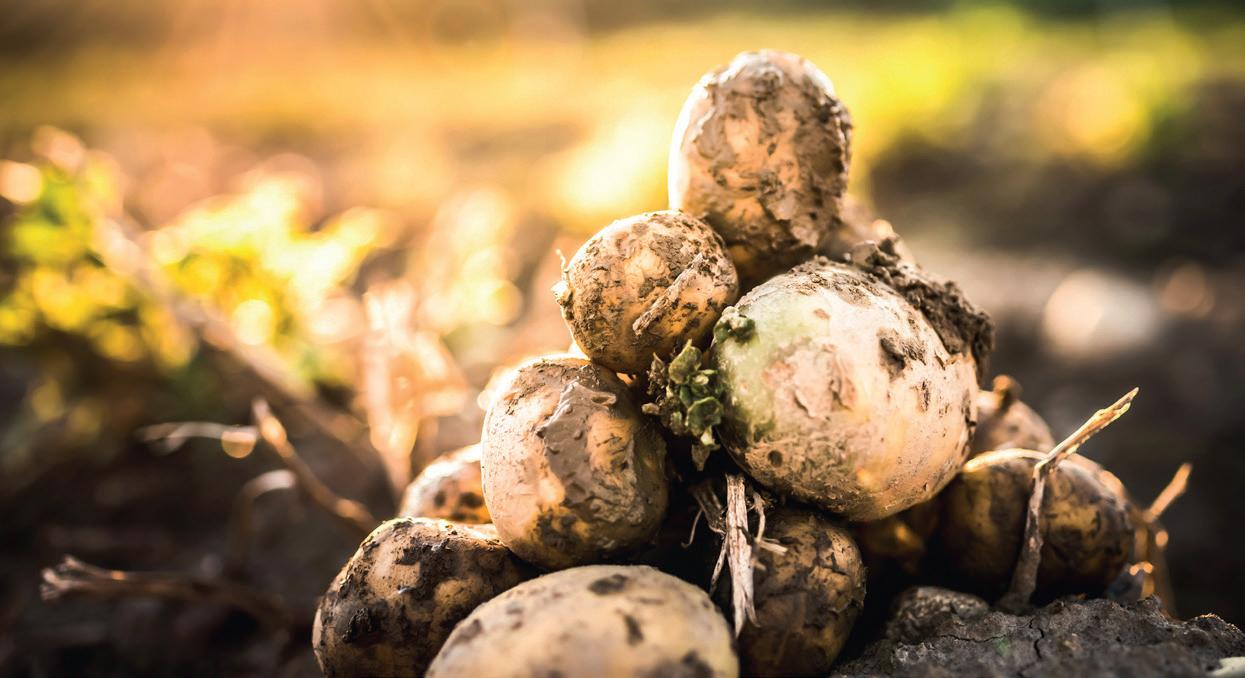




David Michie Senior Policy Manager
Earlier warmer summers are fine when you’re working outside. But they have downsides, including increasing pest pressure. For potatoes, this has been from more aphids spreading more virus. Leaf Roll virus has gone from being a minor to a major problem: two thirds of positive samples tested by SASA were found to be Leaf Roll infected. Earlier aphid flights are driving infections. A cold hard winter will put a check on aphid numbers, but cold winters
are happening less often nowadays. Growers are doing things to mitigate virus infection risk. Rogueing, using systemic aphicides, controlling groundkeepers, using certified rather than farm-saved seed, and, if using imported seed, then importing from a country Scotland does not have a voluntary ban on – all of which mitigate, but do not eliminate, infection.
The more virus infected crops there are, the more they infect other crops, building up the problem. A fairly drastic government measure used to tackle this is compulsory burndown orders. These are used on ware crops with high levels of infection. Potato crop burndowns can be extremely costly for individual businesses and at the same time extremely valuable for potato plant health in Scotland.
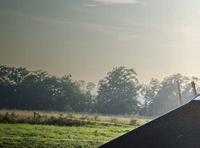
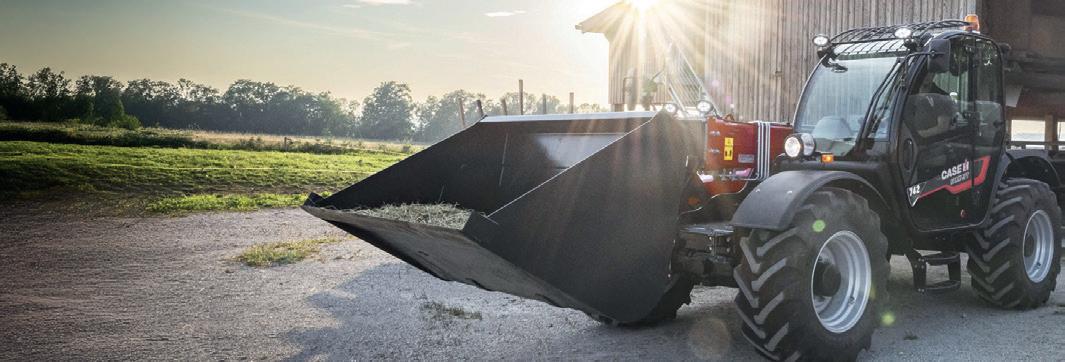

We at NFU Scotland agree in principle with some recompense of identified growing costs for burned down potato crops, provided this is available to the whole potato sector and subject to a clear set of criteria that will drive better practice across all of Scotland. We are working on proposing a framework for a voluntary Ware Virus Reduction Scheme. We will use this as a suggested policy mechanism to lobby government to put measures in place to tackle increasing virus levels, and consider how some growers facing compulsory burndown orders could be recompensed. Rates should be high enough to give ware growers confidence to invest in their business and continue growing, while low enough to incentivise measures that mitigate virus infection and spread.













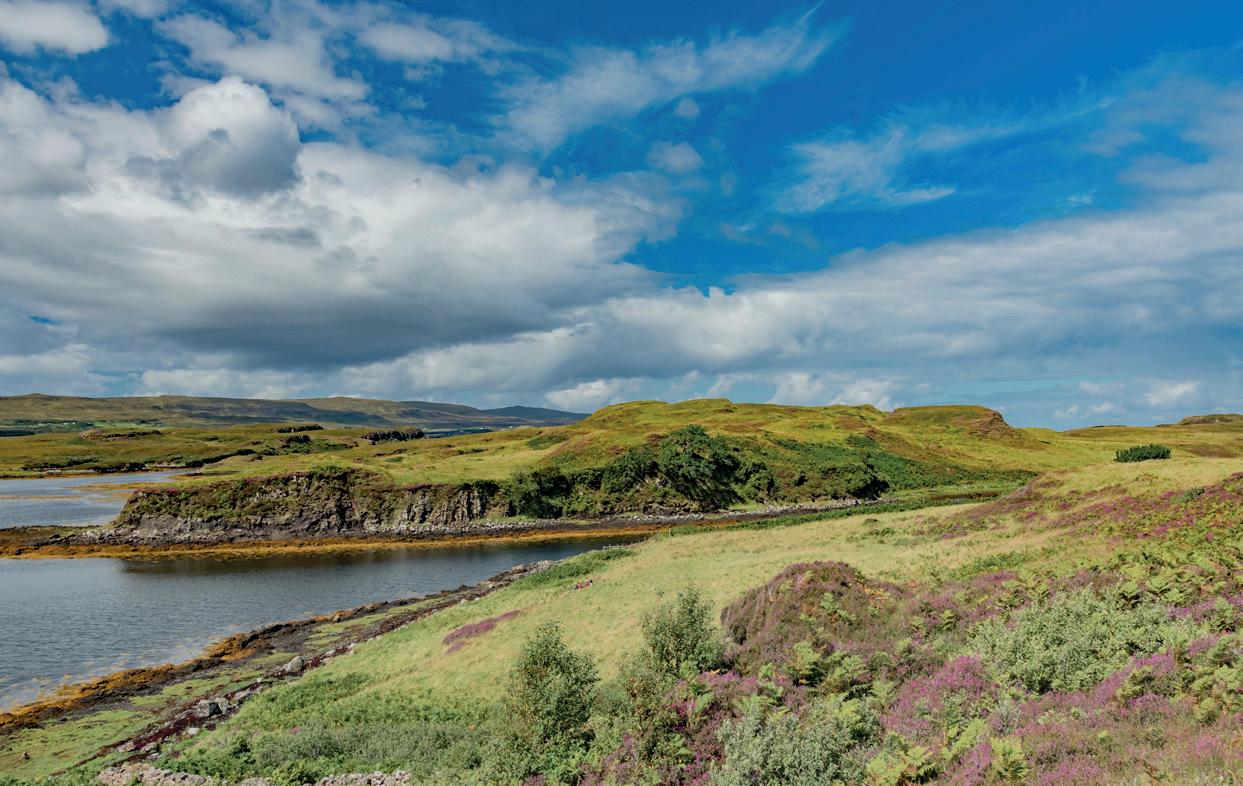




Rhianna Montgomery Policy Manager
As Stage 3 of the Scottish Land Reform (Scotland) Bill approaches, NFU Scotland is pressing for amendments that protect farm businesses, support practical land management, and avoid unnecessary bureaucracy. While some of our proposals may be challenging to achieve, it is vital that our members’ voices are heard and the risks to agriculture and rural communities are highlighted.
A key concern is land management plans. NFUS continues to call for the threshold to remain at 3,000 hectares, ensuring family farms are not unnecessarily captured. Any plans introduced must be light-touch, quick to complete, and avoid duplicating information already provided elsewhere. Farmers should be able to provide
additional details voluntarily, but the process must not become a burden.
The Bill’s proposals to increase fines from £5,000 to £40,000 also raise concern. While the Commissioner already has powers to investigate breaches, we are calling for safeguards to ensure any penalties are proportionate, fair, and accompanied by clear appeal routes.
On community rights, NFUS recognises the positive role that community ownership can play. However, we believe no further changes should be introduced until the current consultation on the right to buy is completed. Lessons from past buyouts must be understood before adding legislation that could slow land sales or increase costs.
The proposed lotting provisions remain problematic. Breaking up farms into smaller parcels could increase administrative workloads, raise compensation costs, delay sales, and harm viable farm businesses. We support an exemption for small-scale transactions, but wider lotting should be removed until its impacts are fully assessed.
Resumption rights also require careful balance. NFUS supports fair
compensation that leaves 1991 Act tenants “no better and no worse off ” and opposes retrospective changes to 2003 Act tenancies, which would undermine confidence in the sector. Legislation should protect both current and future landlords and tenants while supporting a vibrant tenanted sector.
We also believe the Scottish Land Commission should retain its advisory role and not be given new regulatory powers. Its current function supports collaboration, balanced policy development, and engagement with landowners and communities.
Farmers and crofters manage 70% of Scotland’s land, support rural communities, and protect biodiversity and food security. Over 40% of farmland is High Nature Value, contributing directly to environmental protection. Policy must enable those who manage land responsibly, not penalise them with unnecessary costs or complexity.
As Stage 3 progresses, NFU Scotland will continue to press for practical, fair amendments that safeguard Scottish agriculture, rural communities, and the long-term health of the land.
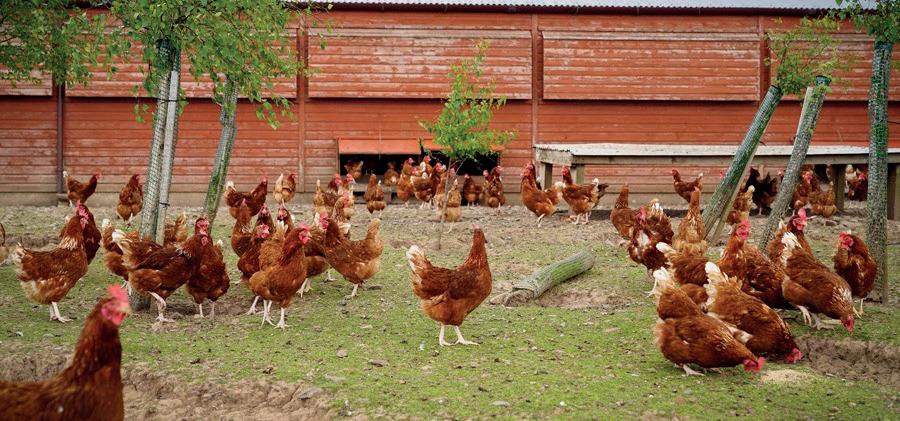




OLisa Hislop Policy Manager
ver the past few months, we have been fairly vocal regarding the missed opportunity of the National Good Food Nation Plan to champion Scottish food in our schools, hospitals and other public settings. At times it feels like we have been a bit of broken record during MSP briefings, Ministerial letters and stakeholder engagement. However, the decisions taken by East Ayrshire Council to end long-term commitments with local suppliers reiterated the
need for us to continue to highlight the direct contradiction of the Good Food Nation’s ambitions, and how the public procurement process is currently working.
Members Jim and Anne Smillie, of
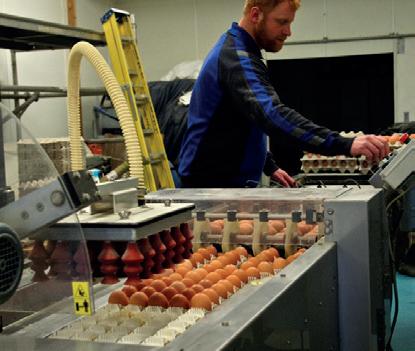
consequences for local employment and food education in the area.
We continue to urge that Scottish Government makes changes to the National Plan so that local fresh produce is prioritised. More broadly, local food must be properly weighted in procurement processes to reflect the benefi ts of shorter supply chains, including support for local employment and stronger community development. The National Plan provides
At times it feels like we have been a bit of broken record during MSP briefings, Ministerial letters and stakeholder engagement.
Coorie Mains, recently hosted three local MSPs on farm to discuss the impacts of the short notice decision taken by the council to abruptly end over two decades of supplying fresh local eggs, alongside
the “guide” for local plans, thus if this isn’t reflected at a national level, we have serious concerns with how this will be translated into each local authority and health boards.




Penny Middleton Policy Manager
The Ministerial Strategic Wildlife and Land Managers Forum (SWLMF) met in September. The forum aims to take a high-level view on wildlife and species management, developing policies and strategies that can help guide the groups working at the individual species level.
This meeting focused on evidence and knowledge and the role they play in making decisions on wildlife management. It is accepted that we want evidence led policy, but what counts as evidence? Clearly the gold standard would be robust peer-reviewed science, but even
this can sometimes be flawed, biased or out of date. It was argued that on the ground experience cannot be relied on as it has no such equivalence to the peerreview process. We argue that when you have a body of experience from multiple sources, all reporting similar experience, this equates to peer review and validates experience as robust evidence.
It was noted that arguments around evidence are stalling progress. We cannot afford to wait for ‘absolute proof’; indeed, it is unlikely we will ever be in a position of having such evidence. So, how do we move forwards to address biodiversity loss and protect vital food production? It is likely that a mixture of factors is at play, and a variety of measures are needed to halt species decline, or agricultural damage.
A recent project by Scotland’s
Moorland Forum, looking at understanding predation, draws a similar conclusion that multiple factors are in play when looking at predator-prey relationships. It concludes that with this in mind, a fully collaborative adaptive management approach is most likely to be required. It was agreed that a second phase of the predation project should be undertaken, supported by all stakeholders, to study the impact of adaptive management.
Adaptive management uses a range of control options, often including lethal control, adapting quickly to changes in impacts and species numbers to deliver reduced impacts, without impacting on the conservation status of the species involved. Greater recognition of adaptive management to reduce predation will be a step forward in acceptance of lethal control as a management tool.
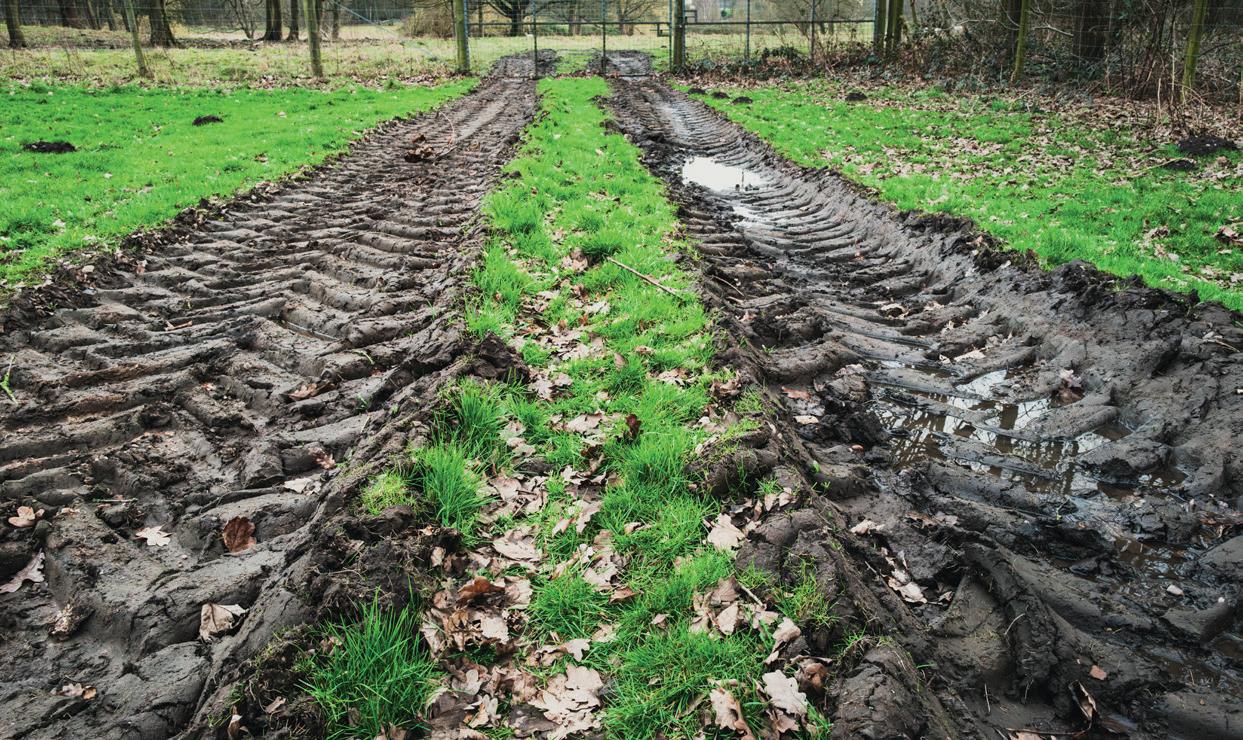
EAST CENTRAL


REGIONAL MANAGER
Kate Maitland


07919 001 23 kate.maitland@nfus.org.uk
Autumn time, one my favourite times of year. Nothing beats walking through stubble fields, or foraging for berries. Unfortunately, with a turn in temperature and a rise in moisture, there is an increase in mud – mud that loves to stick to tyres and deposit on roads. Farmers have a obligation under Section 95 of the Roads (Scotland) Act 1984 to ensure the roadway is cleared and kept safe. While it is expected that, during normal cultivating and harvesting operations, some mud may inevitably end up on the road, it is important that the following guidelines should be followed:
● Mud, deposited by tractors and /or appliances when on public roads, should be removed as soon as practical, or at least at the end of the working day.
● Do everything possible to prevent mud being deposited on the road. This includes cleaning mud from vehicles, as far as practicable, before they are taken onto the road.
● If there is a danger of mud being accidentally deposited on roads, use authorised “Slippery Road” signs with a “Mud on Road” sub plate to alert other road users.
● “Mud on Road” warning signs should be placed at the extremities of any fouling of the carriageway and signs should be fitted with flashing beacons on A-roads.
● Make sure signs are positioned to give maximum visibility and warning to other road users.
● Keep a written record of your decisions on whether or not to deploy signs and/or to clean the road.
Since our MSP/MP meeting in May, NFUS has supported Lauren Houstoun, of Glenkilrie Larder, in a meeting with Perth and Kinross Council and Tayside Contracts to discuss the use of ultra-processed foods – in particular,
meat substitutes – while claiming to meet government regulations.
Lauren’s passion for the matter is second to none. Following the meeting with the council and Tayside Contracts, it soon became apparent that government intervention would be needed; a petition
It’s the time of year Branch AGMs are undertaken, and positions are to be filled. If you’d like to become more involved in the Union, here are some dates for your diary.
Perth Branches AGM & Quiz night
Thursday 28 November
Red House Hotel, Coupar Angus.
To book a place contact NFU Mutual Perth on 01738 626672 or perth@nfumutual.co.uk
West Fife & Kinross AGM
Friday 5 December
The Home Farm, Kirkcaldy.
To book a place please contact NFU Mutual Cupar on 01334 652594
Please keep a look out for the Angus and North East Fife AGM dates too.
was created which can still be signed to this date.
It calls on the Scottish Parliament to urge the Scottish Government to ban the use of ultra-processed food in school meals across Scotland, in order to give our children healthier options. At the time of writing, Lauren is preparing to present her petition to the Public Petitions Committee on Wednesday 8 October.


Lorna Paterson


07786 860 453 lorna.paterson@nfus.org.uk
Our Thainstone Group Secretaries and staff member, Aidan Brock, welcomed Inclusive Farm Scotland’s cofounders, Mike Duxbury and wife, Ness. We discussed many ideas and plans on how we can better work together to promote diversity and inclusion across our businesses. If captured, bottled and shared across society, the positive attitudes and passion for our agricultural industry exuded by both Mike and Ness would be priceless.



We had the unexpected pleasure of Steven’s new boxer puppy join us towards the close of the meeting. As a Union, we continue to keep up the focus on IHT.


In recognition of National Rural Crime week, Police Scotland and our fabulous media colleagues (BBC Radio Scotland, STV, Scottish Farmer and Press & Journal) met in Upper Deeside for interviews and fi lming. Our Regional Vice Chair, David Greer, kindly
participated and endorsed the DNA kits which are available to our members. Mike Urquhart from Police Scotland has some free kits available, so please contact myself if you are interested in trying this theft prevention tool.
Finally, a big thank you from Tyne and I for all your generosity regarding the Edinburgh Kiltwalk. Your Kiltwalk donations for the SAYFC Big Build have almost reached £5,000 now and this is much appreciated.
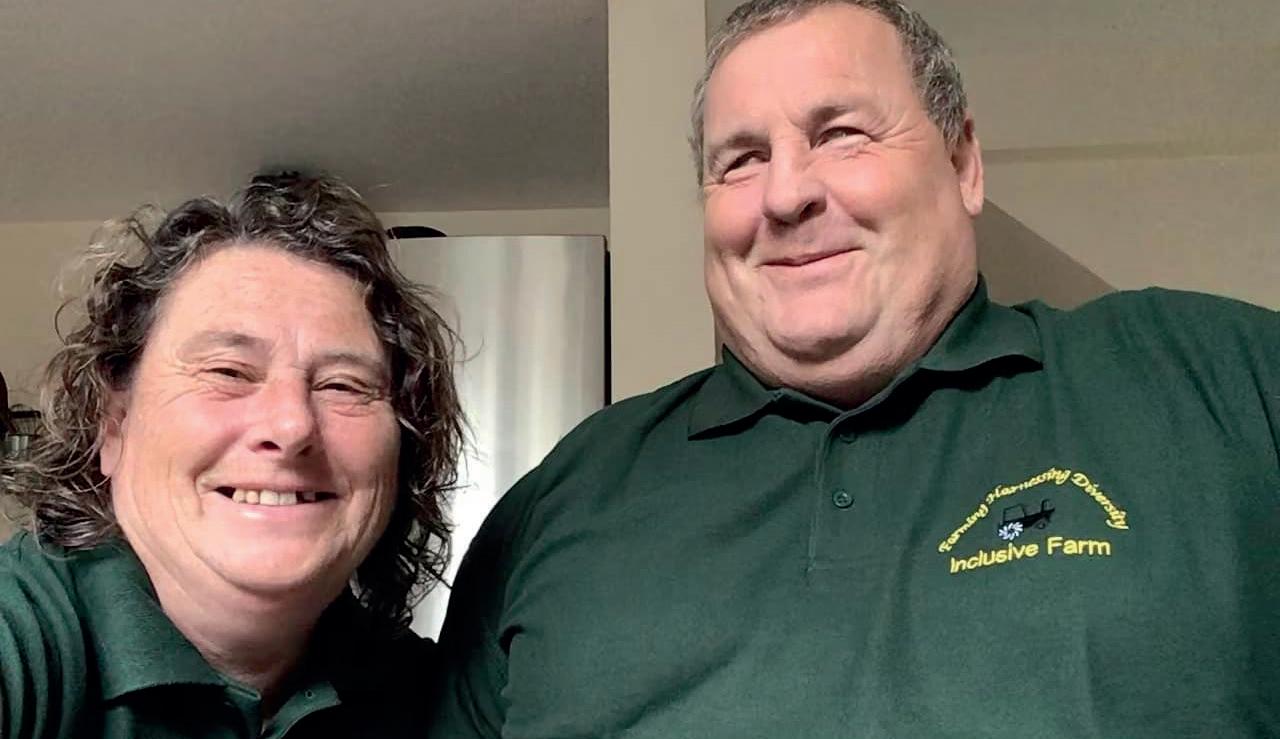
At NFU Mutual, we understand the unique opportunities and challenges that come with diversifying. Whether you’re building on existing operations or exploring entirely new opportunities, our local experts are

Contact your local agency office or visit nfumutual.co.uk/farming-diversification to discover the latest trends, expert insights, and inspiring real-life success stories.


REGIONAL MANAGER Lucy Sumsion
07787 434 104 lucy.sumsion@nfus.org.uk
NFU Scotland were delighted to support Farmstrong Scotland’s Blether Together live event at Lochaber Rugby Club in September. The event brought farmers,
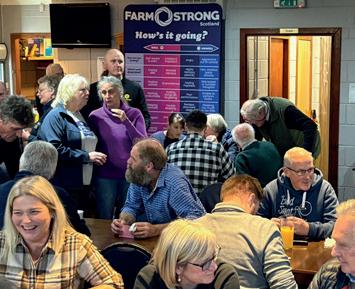
LOTHIAN AND BORDERS


REGIONAL MANAGER
Lindsay Brown


07780 441 750 lindsay.brown@nfus.org.uk
The Hawick & Jed meeting was hosted by Branch Chair, Annie Shanks, in her “Garden Shed” for branch members. It was a very sociable evening with good conversation.
South of Scotland Enterprise and Hemspan met with NFU Scotland to introduce the opportunities of growing hemp as an alternative crop across the south. As a low input crop that delivers many environmental benefi ts and soil improvements, hemp offers promise. This was an opportunity to discuss Hemspan’s aspirations to work with farmers in the region going forward.
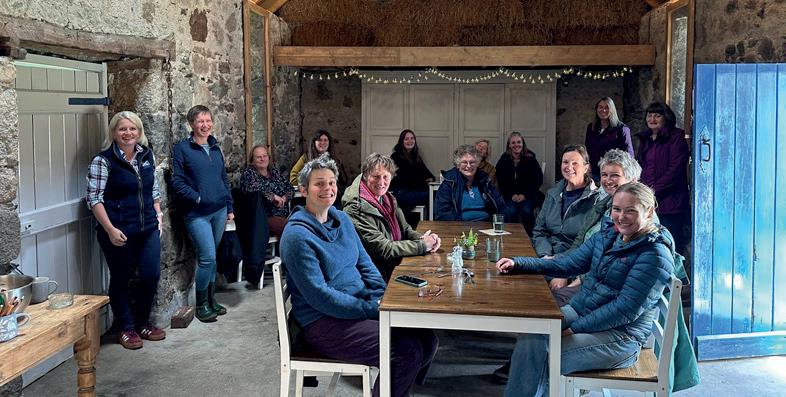
crofters and locals together for an evening of connection, conversation, and wellbeing. Guests enjoyed locally sourced food by Paolo Berardelli, followed by Highland Fold ice cream sponsored by NFU Scotland. The evening had a relaxed social atmosphere, with a panel discussion hosted by Sarah Stephen and featuring Sybil MacPherson, NFU Scotland Regional Board Chair, and Rob Wainwright, from the Isle of Coll. The evening focused on farming life including mental, physical and social wellbeing, with speakers and other attendees sharing how they managed their own wellbeing. The event is part of Farmstrong’s mission to support rural communities through peer-led initiatives and informal gatherings that foster resilience and connection. For further information and to find out what resources are available, including the Five Ways to Wellbeing, please visit their website www.farmstrongscotland.org.uk
An enthusiastic group, all members of Argyll Women in Agriculture, visited Highland Fold Ice Cream at Achinreir Farm, Barcaldine, in September – a trip funded by the Farm Advisory Service. We were all inspired to hear from Jane Isaacson, who told us about her journey into developing her unique farm business focused on milking Highland cows to make outstanding ice cream. As a tenant farmer, Jane outlined some of the challenges she has faced – and overcome.
The herb-rich pastures found on the farm are a key feature of her low-input system and on which her Highland cows thrive. Biodiversity is woven into every aspect of the farm. As well as making and selling ice cream, Jane runs a café and more recently has started Whispering Cow Walks, where people can learn more about the farm, the cattle and the biodiversity.
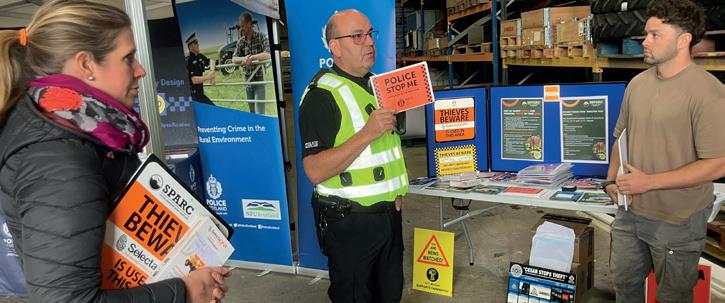
The Scottish Borders Partnership Against Rural Crime held an event during Rural Crime Prevention Week at Coldstream Mains Farm. Local farmers were shown the SelectaDNA forensic marking system. By invisibly marking property with a unique DNA formula of UV tracer and microdots, this helps return recovered items to their rightful owners. Combined with signage and stickers, it has proved an effective deterrent to thieves. PC Bruce Anderson demonstrated how easy it is to apply. He and others were on hand to answer questions and advise on crime prevention. Attendees received a kit to take home.
Borders NFUS Relationship Coordinator, Rachael, and Sales Manager, Louise, attended the opening breeding sheep sales at St Boswells (H&H) Market on Thursday 4 September and Thursday 2 October. They enjoyed catching up with members and telling prospective members about the benefi ts and services available. Rachael and Louise plan to return to future sales at St Boswells –feel free to approach them for a chat. Rachael is contactable on 01835 822274 (Monday-Wednesday, 9am-2pm) or by email at Rachael_Roberts@nfumutual.co.uk.
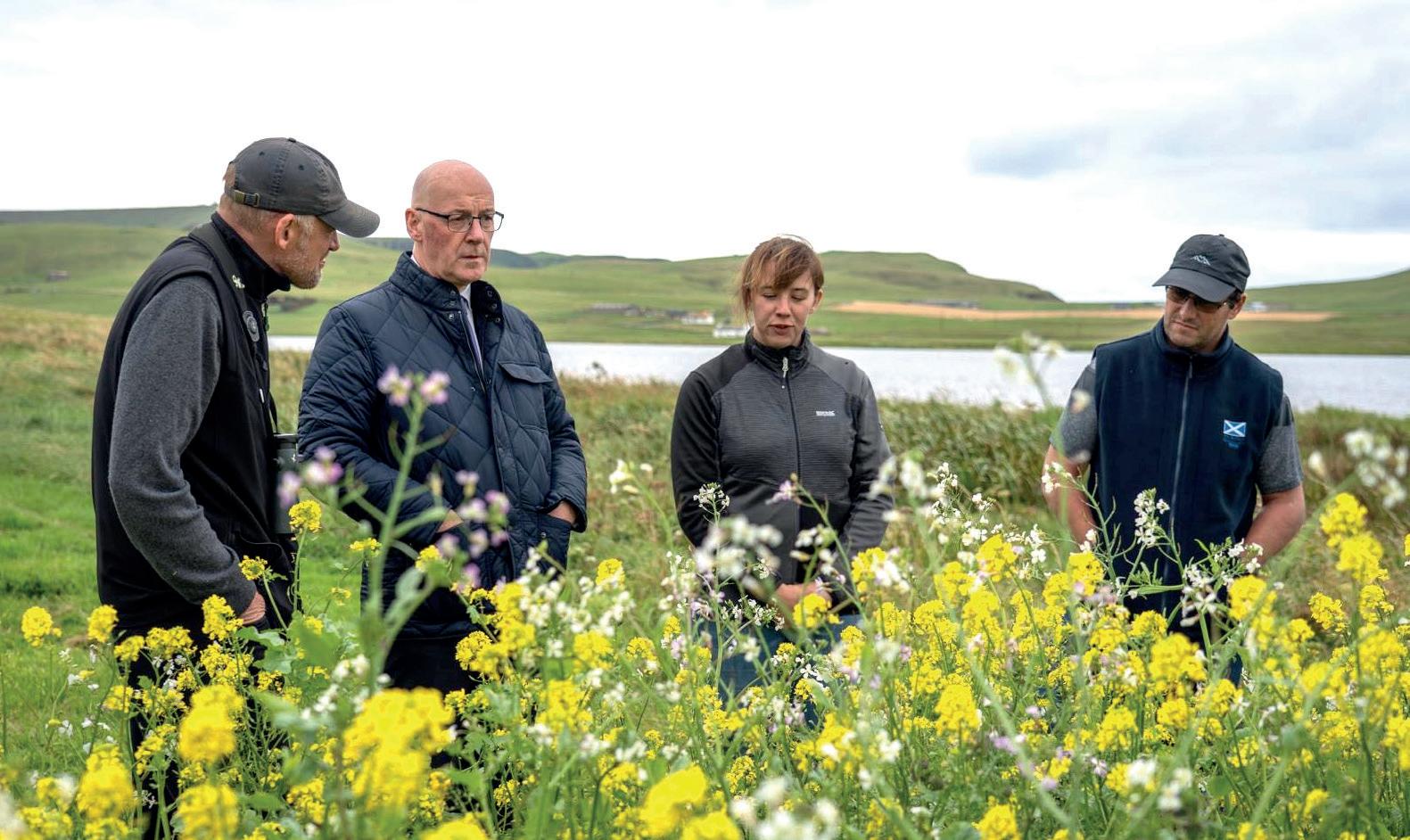


REGIONAL POLICY ADVISOR Lee Smith


07554 741 030 lee.smith@nfus.org.uk
This summer saw a welcome increase in political engagement across the Island, with key fi gures visiting to hear from local farmers and crofters.
Jim Fairlie MSP, Minister for Agriculture and Connectivity, attended the Cunningsburgh Show. While there, Mr. Fairlie met with NFUS member Martin Burgess and his daughter, Emma Burgess of Shetland Farm Dairies, NFUS Vice President Duncan Macalister, and Shetland branch chair Cecil Eunson. Mr Fairlie was keen to hear about the successes and ongoing challenges facing Shetland’s dairy sector.
During the discussion, Cecil Eunson raised questions around the new Crofting Bill and how it would support Island communities. Mr Fairlie provided insights into the government’s plans, aiming to ensure that the legislation
works for crofters. Duncan Macalister described the meeting as a productive and positive engagement.
While on the Island, Duncan Macalister took time to visit local crofters and deepen his understanding of Crofting in Shetland. He met with Peter Smith of Sandwick and Laura Sinclair from Spiggie, learning about the daily realities of crofting life. Discussions ranged from freight costs to lamb rearing, soil and grassland management.
Duncan spent time with Peter, exploring different grassland types amid
the mist – from high-quality grazing areas to hill land – and how each is used. With a strong interest in soil health and fertility, Duncan shared useful advice on sustainable practices while learning about our local approaches.
To round off the season of political visits, Vice Chair Laura Sinclair and RSPB Shetland’s Matt Wilmott hosted First Minister John Swinney, who came to learn more about the Species on the Edge scheme that Laura implements on her land. The visit focused on the scheme’s success and its impact on local biodiversity. Species on the Edge works with crofters and farmers to stop the decline of the Twite and the Shetland bumble bee. Laura uses a seed mix, known as a bumble bird mix designed specifically for Shetland; this benefi ts pollinators over the summer months and provides food for the Twite and other birds in the winter months.

A slurry digestant product designed for farm slurry tanks, lagoons, & slurry stores
A slurry digestant product designed for farm slurry tanks, lagoons, & slurry stores

FEATURES
Multi-enzyme blend
Multi-enzyme blend
Enzyme-producing microorganisms
Viable microorganisms
Enzyme-producing microorganisms
Viable microorganisms
BENEFITS
Rapid breakdown of slurry solids and undigested substances (i.e. fibres, starches)
Rapid breakdown of slurry solids and undigested substances (i.e. fibers, starches)
Continued decomposition of slurry solids in tanks, lagoons and slurry stores
Increase slurry solid decomposition and reduce commonly associated obnoxious odours (i.e. ammonia)
Continued decomposition of slurry solids in tanks, lagoons and slurry stores
Increase slurry solid decomposition and reduce commonly associated obnoxious odours (i.e. ammonia)
A slurry digestant product designed for farm slurry tanks, lagoons, & slurry stores
• Less agitation time

• Less ammonia
• Easier to pump
• Easy to use
Multi-enzyme blend
• Reduced solids
Rapid breakdown of slurry solids and undigested substances (i.e. fibers, starches)
• Increased Nitrogen

• 20% increase in Orthophosphates in the treated slurry
Enzyme-producing microorganisms


Continued decomposition of slurry solids in tanks, lagoons and slurry stores


• The more orthophosphates means more phosphorous available for plant uptake
Viable microorganisms

• Slurry+® treatment resulted in a 21.2% decrease in H2S (Hydrogen Sulphide) emissions—a deadly toxic flammable gas
• Slurry+® treatment resulted in a reduction of CO2 and Ammonia emissions











Increase slurry solid decomposition and reduce commonly associated obnoxious odours (i.e. ammonia)










Philosophers ask: “If a tree falls in the woods and no one is around to hear it, does it make a sound?”
Scottish landowners are likely to add: “And if it causes damage, who is legally responsible?” (Especially at this time of year, when more turbulent weather makes it even more important that landowners are aware of their duties and obligations in maintaining their woodlands.)
The first question lies outside our area of expertise, but we can address the second one.
Under Scots law, a landowner has a duty of reasonable care for people who may be affected by the condition of trees on their land. This is rooted in the law of delict, under which a legal liability only arises when the landowner is at fault, through either deliberate or negligent actions. There is also a statutory duty under the Occupiers’ Liability (Scotland) Act 1960, which extends this duty to those in occupation or control of the land.
Landowners must take reasonable steps to manage the safety of trees on their land. What is reasonable depends on a number of factors, including the trees’ species, age, lifespan and location. Landowners will have a higher duty of care to maintain the safety of their trees in areas which are frequented by members of the public, compared to more remote and rarely accessed areas.
When determining whether a breach of a duty of care has occurred, the foreseeability of damage being caused by fallen trees will also be considered. If the landowner is aware that trees on their land are likely to fall (for example due to disease or decay), they will be more likely to be found liable for any damage caused. However, if a healthy tree falls due to high
winds during a storm, and the landowner could not have taken steps to prevent this from occurring, they will probably not be found at fault.
The position may be different if a tree falls on a public road. Provision is made in the Roads (Scotland) Act 1984 for the landowner to remove the tree in this situation, or meet the local authority’s cost in doing so.
The key point is that landowners should have a sufficient management plan in place for any trees on their property, and carry out regular inspections to assess for any damaged or dangerous trees. Failure to do so could be a costly mistake.

Shona Lean Solicitor shona.lean@shepwedd.com

Stephanie
Hepburn Partner stephanie.hepburn@shepwedd.com





In the Loch Lomond & Trossachs National Park, the Loch Lomond and The Trossachs Access Forum (LLTAF) is made up of individuals who bring knowledge and understanding of landowners/ managers (with NFUS representation), local communities, and access users such as walkers, horse riders, and water sports enthusiasts. The LLTAF has no executive function and purely provides advice to the Park Authority and to anyone else who seeks independent counsel. In the case of a dispute relating to access, the LLTAF can assist in resolving the dispute, should both parties agree.
Although meetings are not public in the usual sense, members of the public are welcome to attend as observers. This offers an opportunity for those interested in land management or access
to see how issues are discussed and advice developed.
If members would like independent advice or have a specifi c issue they feel could be considered by the Forum, they can get in touch via accessforum@lochlomondtrossachs.org. With advance notice, relevant matters may be added to the agenda of a Forum meeting.
Local Branch AGM invites will soon be making their way to you, so please make sure to mark it in your diary and come along. It is an opportunity for a social get together, an update on the latest happenings with NFUS, and planning what activities your branch will schedule for 2026.
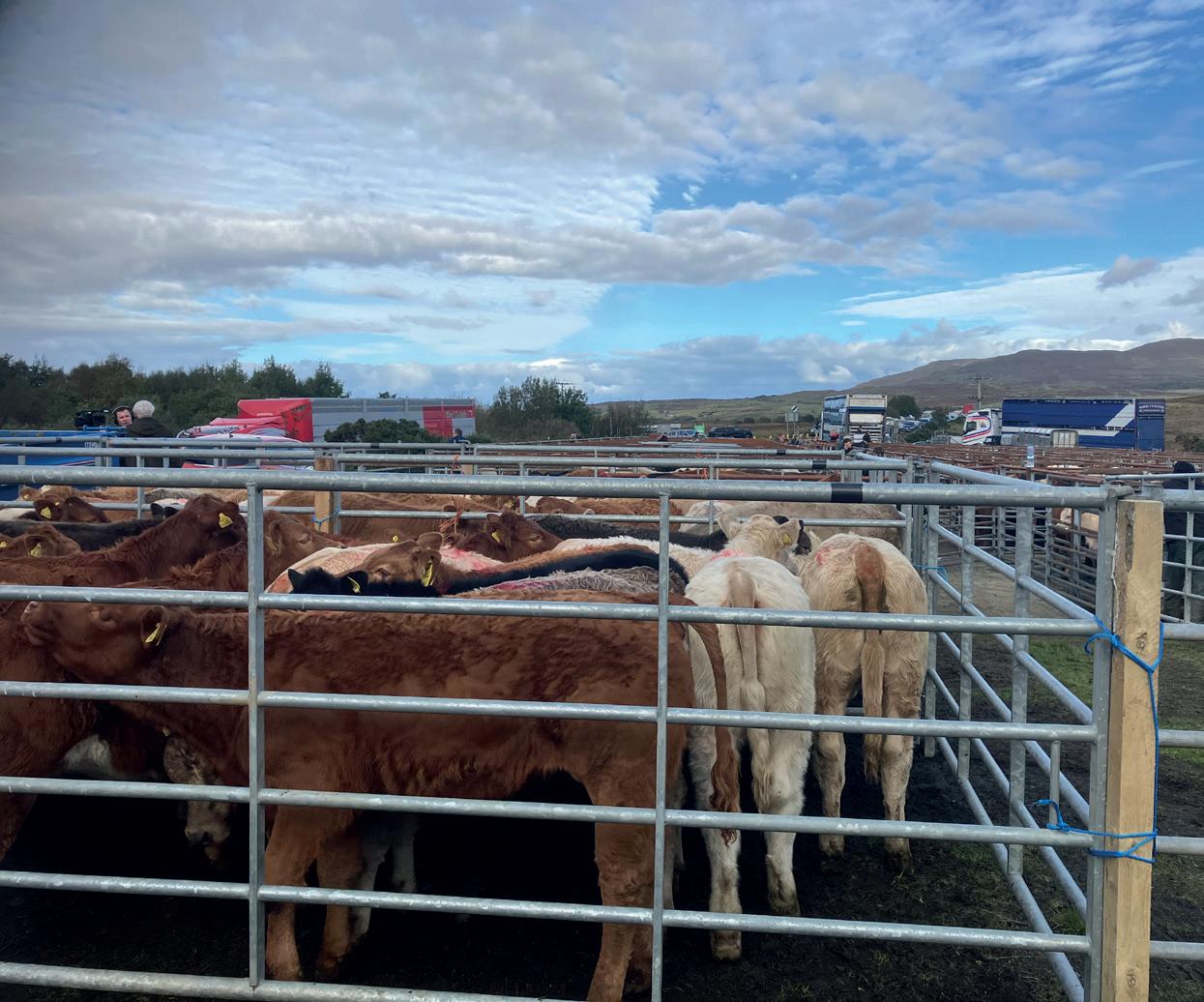


REGIONAL MANAGER


Ian Wilson
07775 915 988
ian.wilson@nfus.org.uk
As we head into winter, as usual, we all start with trepidation not knowing what lies ahead. But with the knowledge that the spring day will come, and as long as we all stay healthy, our stock and crops get through the winter in decent fettle, we will set out into 2026 full of optimism for the year ahead. Justified or not?
With the reasonably high prices on the
go for both breeding sheep and cattle, many see it as a sign of confidence in the red meat sector and in future prices. Others see it as a rare chance to get a reasonable value out of their herd or flock to aid business changes creating a financial pot to retire with. Whatever the reason for the individuals, it certainly feels like there are more dispersals on the go again – coupled with the silent dispersals through the cull-value route, it seems that the Highlands will see further reductions in stock numbers. There are

a few optimistic younger farmers looking to increase numbers, but challenges with access to land and finance slow this up – a circle that has been needing to be squared for years, and despite the time spent discussing the issue, seems further away than ever.
Hopefully by now, many of you that have been successful with applications to FFIS know what you are getting for your investments to help build your business for the future. For those who didn’t receive an offer, there is always next year.
Changes to EFA for 2026 are causing concerns for many, but probably more worrying are the number of members that seem to be unaware that this affects them. They are likely to have to make changes to their cropping, cutting, and grazing plans for next year to meet the new greening requirements. So please read up on this or speak to your advisor sooner rather than later, so you can plan if needed.
As always, get in touch with me if you have any issues needing to be taken forward through NFU Scotland.

AYRSHIRE




REGIONAL MANAGER
Holly Fitzsimmons 07775 838 926 holly.fitzsimmons@nfus.org.uk
East Ayrshire Council recently decided to drop Corrie Mains, who have supplied quality eggs to schools across the region for over 20 years – supporting local employment and food education. This decision completely contradicts the Scottish Government’s commitment under the Good Food Nation policy to champion local food.
Last month, with the support of Poultry Chair Robert Thompson; Supply Chain Policy Manager Lisa Hislop-Smith; Regional Chair John Kerr; and Jim, Anne, Ross, and James Smillie we met with local MSPs to highlight the knock-on effects of these decisions. Our words were clear – it instills a lack of confidence in local businesses tendering for these contracts and is ultimately a disservice to local communities accessing local produce.
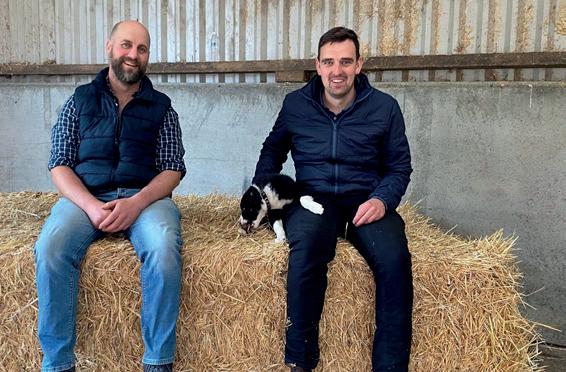
A big welcome to Robert Ramsay (pictured), farmer and owner of Ramsay Rural Ltd consultancy, who joined Ayrshire Regional Board in September.
An open invitation to all from ELU committee Rep and Vice Chair of Woman in Ag Cora Cooper to attend the Women in Agriculture Scotland AGM, titled Thrive: Empowering Your Health and Wellbeing. The event, taking place at The Den, Culross, Dunfermline on Wednesday 12th November 10am -3.30pm will feature special guest speaker Sammi Kinghorn. £17.80. Visit the WIA website for more details.

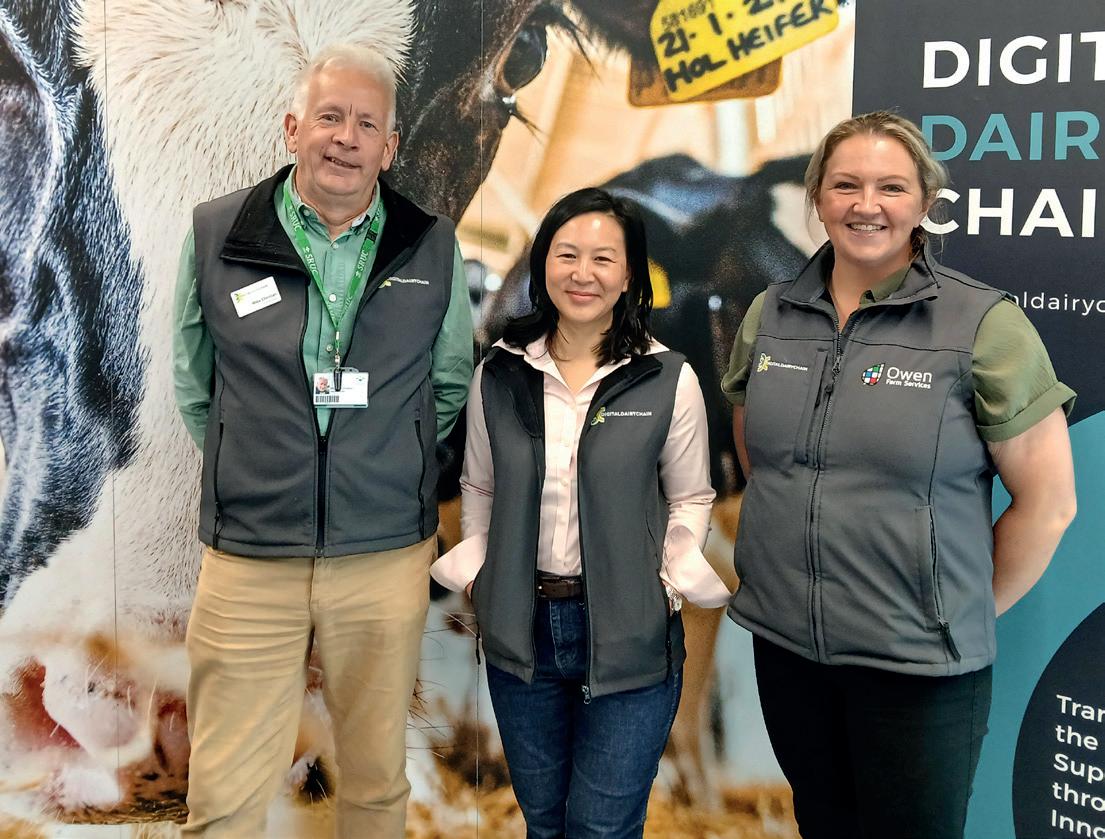
DUMFRIES & GALLOWAY

AWords by Tracey Roan Guest Writer
s part of the Digital Dairy Chain, I am delighted to share that our Innovation Voucher Scheme is now open for applications. This scheme is a fantastic opportunity for farmers, businesses, and researchers across the dairy supply chain to trial new ideas and explore technologies that could benefit both individual businesses and the wider sector.
The vouchers are designed to support early-stage projects where funding can make a real difference, helping to reduce the risk of innovation. Whether you are interested in adopting digital tools for herd management, testing new approaches to sustainability, or exploring smarter ways of working, the scheme provides the support to turn those ideas into reality.
I’ve seen first-hand the impact this programme can have. In previous rounds, the Innovation Voucher Scheme has backed a variety of projects ranging from environmental improvements on farm to data-driven solutions that improve efficiency and productivity. Each project demonstrates just how much creativity and forward-thinking exists within our industry, and how important it is to give those ideas the chance to grow.
Now, with this new round open, I would
I would encourage anyone in the dairy supply chain who has an idea – whether big or small – to consider applying.
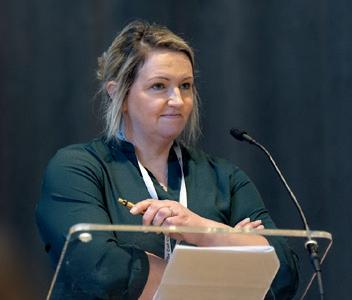
encourage anyone in the dairy supply chain who has an idea – whether big or small – to consider applying. This is a unique opportunity to access dedicated funding that is specifically designed to support innovation in our sector.
If you’d like more information or would like to discuss your project idea, please don’t hesitate to get in touch with me directly. I’d be very happy to talk through how the scheme works and how it might help bring your ideas to life. You can find out more here: tracey@owenfarmservices.co.uk or visit www.digitaldairychain.co.uk


REGIONAL POLICY ADVISOR
John Laughton


01856 872 048
john_laughton@nfus.org.uk
At the beginning of October, Storm Amy brought winter to Orkney, causing what we assumed would be inevitable damage to farm buildings. However, by the following Monday, temperatures of 16-17 °C were being enjoyed – quite unheard of in Orkney for October. The usual fi ve-month/ seven-month split of cattle outdoors versus indoors has been reversed for many this year, with plentiful grass persisting well into October and ground conditions holding up remarkably well. Many members have expressed how joyful it has been to farm this year, with the weather providing enormous support.
The very early harvest this year has given some farmers the opportunity to consider new Greening rules ahead of their introduction next year. Several farmers have been experimenting with the establishment of green cover crops – one of the Greening options available to Orkney farmers – on the basis that if they don’t work this year, they may never work! This is one of several options discussed at a series of roadshows held jointly with SAC Consulting and funded by Orkney Islands Council. The eight meetings were well attended, with over 200 participants.
We were recently invited, as a key stakeholder representing the farming industry, to attend a Nature Network workshop organised by Orkney Islands Council’s Planning and Regulatory Services department. Under the National Planning Framework 4, each regional council is required to develop an Orkney-specific policy. A Nature Network connects naturerich sites, restoration areas, and other environmental projects through a series of suitable habitats, habitat corridors, and stepping stones. It is always beneficial to be ‘at the table,’ acting in the interests of our members to ensure that this new requirement has no negative impact on their farm businesses.
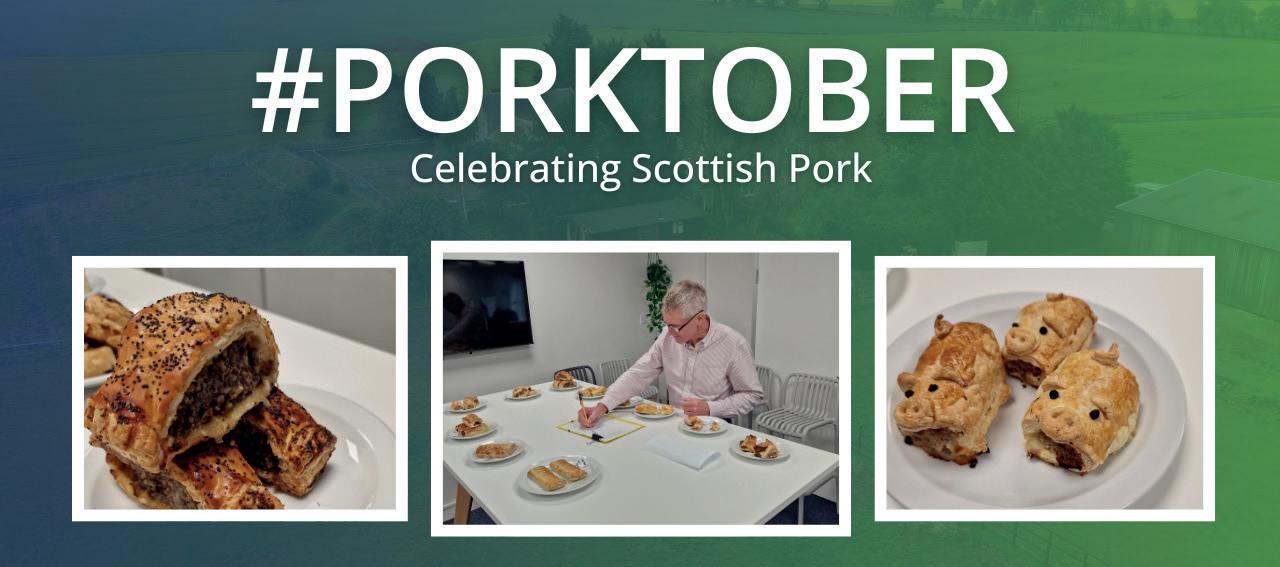
In October, NFU Scotland proudly supported Quality Meat Scotland’s Porktober campaign, which highlights the importance of Scottish pork and the farmers who produce it.
To mark the occasion, we hosted our very own sausage roll competition. The winning bake was crowned the Official NFUS Sausage Roll. Here’s the special recipe from Robert Ferguson, NFUS Facilities Manager:
Ingredients
• 2400g of sausage meat
• 225g of haggis
• Tablespoon of Sage
• 320g ready rolled all-butter puff pastry
• 1 egg, poppy seeds and a pinch of sugar for the pastry
Mix the haggis and sausagemeat with your hands, season, then stir in the sage and set aside. Roll out the pastry and cut it in half lengthways. Brush with mustard and add a pinch of sugar, shape the filling into two long sausages, and lay them on the pastry. Roll up with the seam underneath and
brush with beaten egg. Heat the oven to 200°C/fan 180°C/gas 6. Slice the rolls into the size you want; I made eight chunky ones from this. Brush the top with egg, and sprinkle with poppy seeds. Bake for 20 minutes until golden. Cool a little, then serve with extra mustard.











































































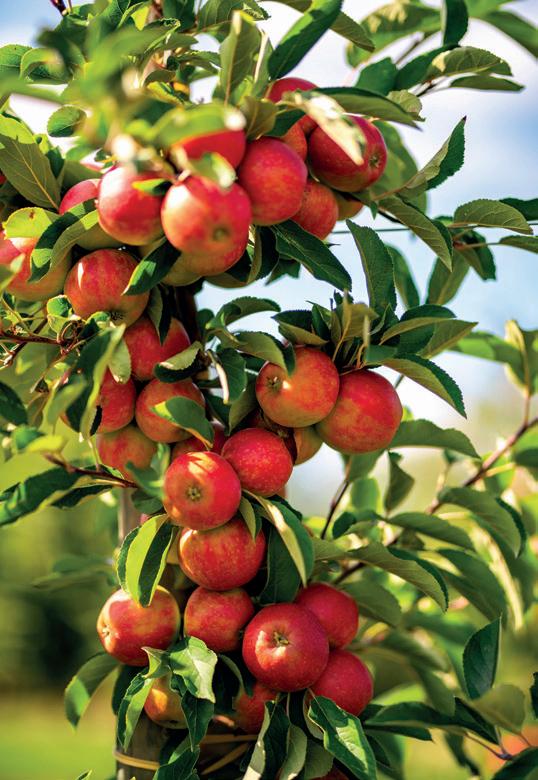
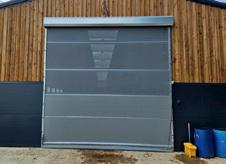

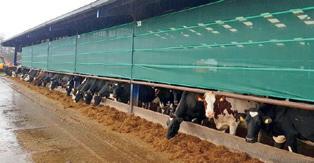


















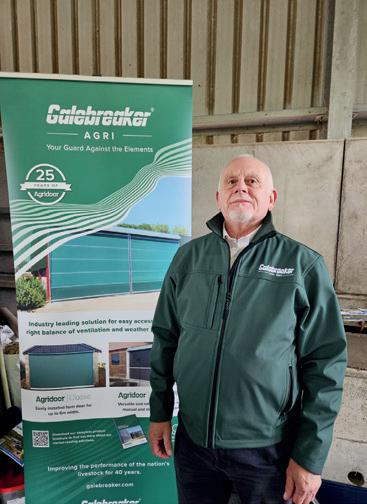




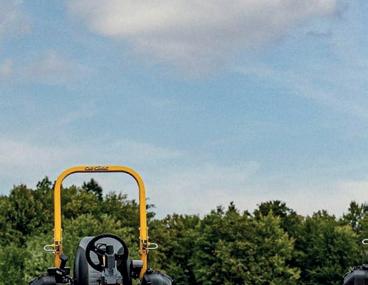




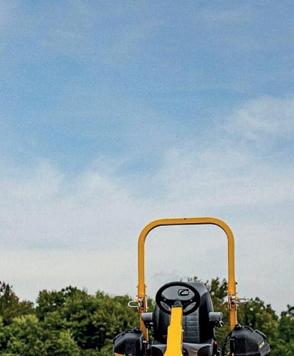














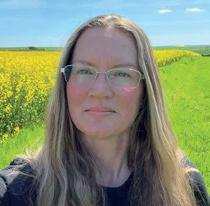
Words by Megan Williams
Scottish growers are no strangers to scrutiny when it comes to pesticide use. Yet for Amy Geddes, a farmer near Arbroath and vice chair of NFU Scotland’s Combinable Crops Committee, the message is clear: responsible, professional use of plant protection products is central to modern farming.
Amy also leads NFU Scotland’s work on The Voluntary Initiative (VI), a scheme that represents Scottish interests at the UK Voluntary Initiative. The VI was founded in 2001 in response to the proposed pesticide tax. Its aim was to promote responsible pesticide use through voluntary measures – like training, sprayer testing, and crop protection planning – rather than through taxation. Over the past couple of decades, the VI has continued to advocate for the responsible use of pesticides, putting Integrated Pest Management (IPM) at the heart of farm decision-making – balancing high production while protecting water, wildlife, and the wider environment.
On a sunny Friday morning, I sat down with Amy – dialling in from her kitchen with her eight-week-old spaniel puppy, Fern, on her lap – to hear her thoughts on the 2025 harvest, what the VI looks like in practice and why initiatives like this are more relevant than ever.
Amy, how did the 2025 harvest go on your farm?
We had a good harvest in terms of weather – it was dry, so crops combined well with little drying needed. Wheat and oilseed rape did well, but barley was challenging. The lack of moisture meant poor tillering and high screenings in some fields.
Glyphosate was crucial for us this year, particularly in controlling potato volunteers,
which are a real issue for seed growers like us. It helped reduce blight and potato cyst nematodes (PCN) risks. We’ve also continued to use cover crops, particularly oil radish, which has been effective in tackling nematodes and improving soil health. And we’ve brought sheep in to graze those cover crops, which adds to our rotation.
I know for many it’s been a very challenging and stressful harvest. We didn’t do anything particularly different – it’s just the luck of location, whether you got rain or didn’t, and soil type that explains the variability.
For members who maybe aren’t familiar, how would you summarise what the VI, and the value it adds to Scottish agriculture?
The VI is an industry-led initiative. There are no external bodies dictating what we do. It brings together like-minded organisations to demonstrate responsible use of plant protection products. Through schemes like NRoSO, (that’s the National Register of Sprayer Operator) we ensure operators are trained and trusted to use these products responsibly. That trust allows us to selfregulate rather than having more restrictive government-imposed systems. It’s about showing we’re professional and can be trusted. Most of the VI Board are volunteers for the good of the industry.
So, in practice, how does the VI deliver value to farmers?
A big part of it is about access. The VI ensures farmers’ practical voices are heard directly at policy level. We can explain what regulatory changes mean on the ground and highlight unintended consequences before they happen. It’s a network that connects farmers to policymakers and builds trust.
Without the VI, do you think farmers would lose that access?
Yes, potentially. Without the VI, farmers wouldn’t have the same direct access to ministers or civil servants. Instead, more rigid regulation could be imposed, with less understanding of farming realities. The VI gives us a seat at the table, ensures policymakers understand the practical impact of their decisions, and allows us to demonstrate professionalism and responsibility.
It’s also about showing government that farmers are responsible. If we don’t demonstrate that, then regulation could be imposed in ways that don’t work on the ground. The VI helps prevent that by offering constructive, practical solutions.
And looking ahead, what could members do to engage with and support the VI’s work?
There are lots of resources available –IPM plans, practical guides, and tools like BeeConnected, which links farmers and beekeepers. Farmers can also attend events, speak to our network of VI champions, and if anyone’s interested, they can just pick up the phone and have a chat.
Ultimately, it’s about recognising that the VI exists to support farmers, save money, and provide practical advice while protecting the ability to use essential tools like glyphosate responsibly.
Advice for members?
Where possible, be proactive, not reactive.
Find out more here: https://voluntaryinitiative.org.uk/about/ about-us/










